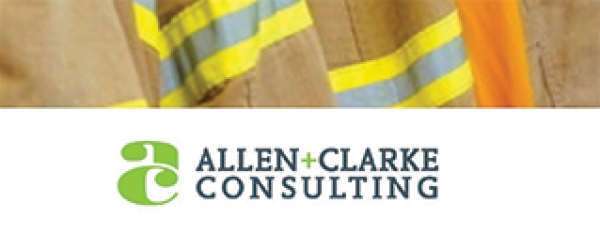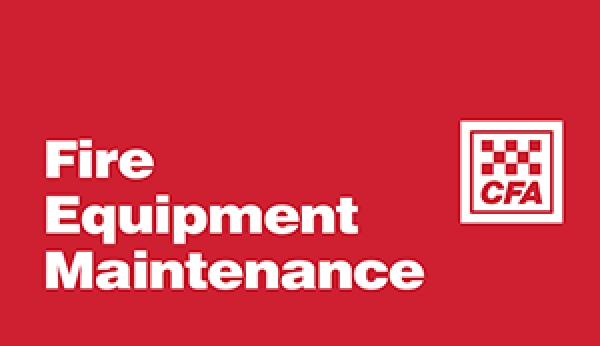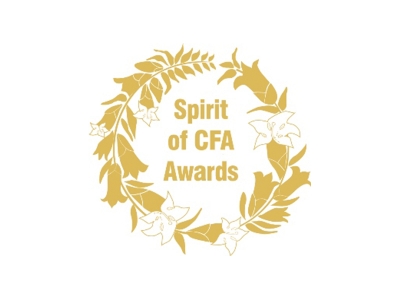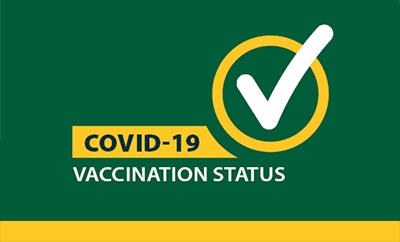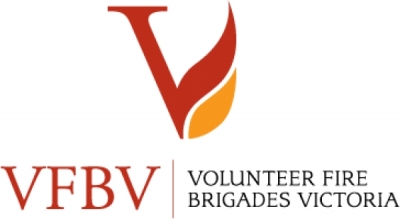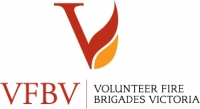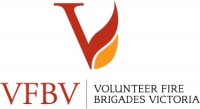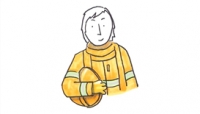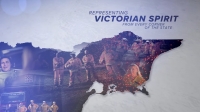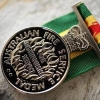
HomePage Featured (462)
CFA External Review of Culture and Issues Management Discussion Paper
Written by VFBVAn independent Review Team from Allen + Clarke, which includes Dr Helen Szoke AO as Lead Reviewer, has been engaged by the Country Fire Authority (CFA) to undertake a review of culture and issues management to support the CFA of the future (the Review).
The Review will seek to ensure that the CFA:
• has a robust and effective approach to issues management across a complex volunteer-based organisation
• sets and embeds behavioural and cultural expectations at all levels of the organisation
• efficiently and effectively manages issues when they do arise and supports members and leaders to work these issues through.
The Review will consider structural and systemic issues and improvements. It will not investigate individual reports of misconduct.
The final report and recommendations will be made available to the membership and employees of the CFA.
Discussion Paper
This Discussion Paper builds upon and is informed by the valuable feedback already provided to the Review Team during initial consultation and a high-level desktop review of the CFA’s policies, procedures and other relevant documents. The purpose of this Discussion Paper is to provide the framing for the next stage of stakeholder consultation.
Members can download a copy of the Discussion paper at the bottom of this page.
How to Contribute
Consultation with CFA volunteers, employees, secondees and other stakeholders across the regions is a key part of the Review. Between October and December 2021 the Review Team will consult with participants through interviews, focus groups and meetings, preferably face to face but potentially via telephone, or online. Where consultations are held face-to-face, the Review Team will comply with the relevant public health directives to help contain the spread of COVID-19. Interviews will be between 30-60 minutes. During consultations, the Review Team will ask a series of questions and invite participants to share their views and experiences. A sample of the sorts of questions the Review Team will ask appears in part 5 of this Discussion Paper.
VFBV is encouraging members to contribute to this review by requesting an interview with the review team.
To arrange an interview, please email This email address is being protected from spambots. You need JavaScript enabled to view it.
Interviews can be face to face, over the phone, via video conference or part of a group.
Planned field visits are tentatively scheduled for the following dates.
|
DATE
|
LOCATION
|
|
Friday 29 October 2021 |
Melton |
|
Saturday 30 October 2021 |
Melton |
|
Wednesday 3 November 2021 |
Dandenong South |
|
Thursday 4 November 2021 |
Narre Warren North |
|
Thursday 4 November 2021 |
Chirnside Park |
|
Friday 5 November 2021 |
Chirnside Park |
|
Saturday 6 November 2021 |
Somerville |
|
Wednesday 10 November 2021 |
Mildura |
|
Thursday 11 November 2021 |
Swan Hill |
|
Thursday 11 November 2021 |
Mooroduc |
|
Friday 12 November 2021 |
Kerang |
|
Monday 15 November 2021 |
Horsham |
|
Tuesday 16 November 2021 |
Horsham |
|
Tuesday 16 November 2021 |
Shepparton |
|
Wednesday 17 November 2021 |
Wendouree |
|
Wednesday 17 November 2021 |
Seymour |
|
Thursday 18 November 2021 |
Broadford |
|
Friday 19 November 2021 |
Kinglake |
|
Sunday 21 November 2021 |
Wendouree |
|
Monday 22 November 2021 |
Ararat |
|
Tuesday 23 November 2021 |
Ararat |
|
Thursday 25 November 2021 |
Casterton |
|
Friday 26 November 2021 |
Hamilton |
|
Friday 26 November 2021 |
Burwood East |
|
Saturday 27 November 2021 |
Port Fairy |
|
Monday 29 November 2021 |
Wodonga |
|
Tuesday 30 November 2021 |
Wangaratta |
|
Tuesday 30 November 2021 |
Colac |
|
Wednesday 1 December 2021 |
North Geelong |
|
Thursday 2 December 2021 |
North Geelong |
|
Saturday 4 December 2021 |
Kangaroo Flat |
|
Monday 6 December 2021 |
Bairnsdale |
|
Monday 6 December 2021 |
Morwell |
|
Tuesday 7 December 2021 |
Lakes Entrance |
|
Tuesday 7 December 2021 |
Morwell |
|
Wednesday 8 December 2021 |
Sale |
|
Wednesday 8 December 2021 |
Warragul |
Questions or concerns about the Review can be directed to: This email address is being protected from spambots. You need JavaScript enabled to view it.
VFBV supports CFA's new Voluntary FEM (Fire Equipment Maintenance) Health Surveillance program as part of the transition to fluorine free foam (FFF) extinguishers across all appliances, fire stations and through CFA FEM services to the general public.
In late 2019, CFA communicated to all FEM brigades an amended procedure for “Fluorine Free Foam Extinguisher Servicing” via a Bulletin which covered the use and maintenance of foam extinguishers and provided direction to brigades to only use or maintain Fluorine Free Foam Extinguishers moving forward.
Prior to this time, some FEM personnel would have undertaken refilling activities on foam fire extinguishers while extinguishers contained foams with PFAS/PFOS. While Personal Protective Equipment (PPE), Service Procedures, FEM Bulletins and Chief Officer Operations Bulletins were designed to protect our people for these maintenance activities, there is still potential that some FEM members may have been exposed to PFAS / PFOS.
CFA is now offering a precautionary, voluntary Health Surveillance Program to ensure that our members have processes in place to support them should they be concerned about exposure to PFAS / PFOS containing foams. Concerned members can register for the program using the FEM Health Surveillance Program Registration Form available from CFA at https://www.members.cfa.vic.gov.au/programs/fire-equipment-maintenance/health-surveillance-program
If eligible, a medical assessment will be conducted that will comprise of two components; a blood test and a medical examination that will be coordinated by CFA’s contracted medical provider, Modern Medical. Members will have the option to have their medicals completed by their own doctor or by Modern Medical.
ABOUT THE PROGRAM
Not all FEM personnel would necessarily have had contact with PFAS/PFOS or been exposed to an extent that follow-up investigation is needed. The level of exposure depends on an individual's work history. Each submission will be reviewed by CFA's contracted medical provider for decision-making against a set of scientific, purpose-built criteria.
Modern Medical will coordinate this program including all medical assessments, similar to the coordination of the Fiskville Health Surveillance Program.
The Health Surveillance Program will include offering eligible members CFA-funded health assessments through the contracted medical provider, Modern Medical. Health assessments may include a range of blood tests and medical examinations, such as:
- full blood examination
- renal function tests
- liver, lung and renal function tests
- fasting lipid and glucose profiles
- PSA serology (males over 50 only)
- PFAS serology (one-off test only)
- skin checks
- neurological reflexes
- ear, nose and throat examination
- urinalysis
- cardiovascular examination
- abdominal examination
- respiratory examination
- family history
- medical history
- An individual's duration on the program will depend on the outcome of their assessments and whether it is medically advised for them to continue being assessed annually.
Additional Information
- Members who attended the Fiskville Training Ground are still eligible to register for the Fiskville Health Surveillance Program.
- CFA are proactively exploring other cohorts who may have been exposed to PFAS as part of their CFA role to determine whether other groups will be offered targeted health monitoring as a result.
For more information on the program and how to register, please contact This email address is being protected from spambots. You need JavaScript enabled to view it. or phone (03) 9262 8687
Members are being called on to step forward and nominate CFA members and/or brigades for the 2022 Spirit of CFA Awards. Members of the general public are also able to nominate a local CFA member.
Nominations for the 2022 Spirit of CFA Awards will remain open until 30 November 2021.
The awards will be across nine categories, and recognise outstanding achievements and significant contributions made by CFA members and/or teams to CFA and to their communities.
Individual Awards
- Living the Values (Gold Award)
- Youth Award
- Seniors Award
Team and Individual Awards
- Inclusion and Fairness Champion Award
- Excellence in Community Engagement Award
- Excellence in Interagency or Group Co-Operation Award
- Excellence in Partnership Development Award
- Excellence in Capability Planning Award
- Excellence in Innovation Award
Hamilton Fire Brigade volunteer Susan Little was presented with the ‘Living the Values’ award in 2018 and said while it was an incredible feeling to win the award, even receiving a nomination was a humbling experience.
“I really encourage people to nominate their local members or brigades,” Susan said.
“It was such a confidence booster for me, and it really showed me that people believe in me.”
While nominations are open to the public, it was fellow brigade member Ashleigh Carne who nominated Susan in 2018.
“The nomination process was reasonably easy because Susan has been a role model of mine for many years, so I simply had to write down what an incredible person she is,” Ashleigh said.
“Even if the person you nominate is not successful in getting the award, they will know that they are appreciated just by being nominated.”
To be eligible for the awards, nominees must
- be a CFA Member,
- demonstrate the CFA Values of safety, teamwork, adaptability, integrity, and respect,
- and demonstrate an outstanding achievement and/or contribution to CFA and the community between 1 January 2019 – 31 March 2021.
Nominations for the 2022 Spirit of CFA Awards will remain open until 30 November 2021.
The winners will be announced in May 2022, and will be held simultaneously with the presentation of the 2020 Spirit of CFA Awards which was postponed due to COVID-19.
Nominations can be made by visiting https://www.cfa.vic.gov.au/about-us/who-we-are/cfa-medals/spirit-of-cfa-awards
Questions and enquiries can be directed to This email address is being protected from spambots. You need JavaScript enabled to view it.
CFA is requesting that all members please update their CFA record with their COVID-19 Vaccination status as soon as possible.
On the 14th October, CFA rolled out an update to its member records system that now allows members to record their vaccination status. While we acknowledge the short notice, members are now being requested to update their records as soon as possible.
Data Entry Options:
- ONLINE
Members are encouraged to visit https://www.members.cfa.vic.gov.au/ and input their own status. - BY PHONE
If you can't access the website, or don't have a CFA online ID, you can call (03) 9262 8663 and provide your details over the phone.
This number is being staffed by CFA's Service Delivery Support Centre (SDRC) who are the same people that you call to enter your Fire Reports. - DISTRICT STAFF
Your Brigade Administrative Support Officer (BASO) can also assist you. They are contactable through the usual arrangements, and details can be found in your District Contact Book. - BRIGADE
Brigade Captains, your 1st & 2nd Lieutenant and Secretary have been requested to assist with the collection of data and are able to enter your details through their own CFA Brigades Online account. If Brigade Officer's are unsure of how to do this, they can contact your BASO for instructions.
For members still seeking to make their first or second dose booking, information on how to book your vaccine can be found here: Book your vaccine appointment | Coronavirus Victoria
Culture, Respect and Vaccines
By Adam Barnett, VFBV Chief Executive Officer
Many of you would now be aware that last week the Premier announced that all authorised workers must now be vaccinated to continue working onsite. CFA volunteers are included as authorised workers.
The announcement indicates that in order for authorised workers to attend their work location, or in our case this is presumed to mean a CFA location or fireground - you will need to have your first dose by 15 October, and your second dose by the 26 November.
Worryingly – one third of the way through the first deadline we still do not have access to any further information or clarity.
The Chief Health Officer’s orders are not available yet, and we therefore are not in a position to provide any clarity or answer any questions on the logistical side of what this means such as; how it will be implemented; if it will be recorded and by whom; where the onus will lie; and what adjustments are being made to cater for emergency service personnel and their unique working environment.
Our priority continues to be to seek clarity around the directions to assist members understand the implications and options, including what brigades may or may not need to do.
Based on anecdotal observations, we believe that the overwhelming majority of CFA volunteers support vaccination and have been steadily pursuing their jabs for some time now. It was certainly our belief that education, support and encouragement were being very effective at reaching vaccine targets inside CFA in preparation for this year’s fire danger period.
The lack of notice and compressed timeline for mandatory vaccination is certainly presenting its challenges and is confronting for some. Especially for those members who do not have convenient access to a vaccine hub, the ability to get time off from their employer or other pressures unrelated to their emergency service volunteering.
Even if we assume CFA is tracking well above the Victorian public in first and second dose targets, this still leaves a considerable amount of people to try and get through an already stressed and under pressure system in less than two weeks’ time.
We have been requesting clarity on what additional support is being offered to help emergency service personnel access vaccines, and especially volunteer members who have the added complication of the agency they volunteer with not being their employer and therefore not able to support them with time off, or other entitlements and arrangements that a paid workforce routinely have access to.
We are also advocating for additional support, such as mobile hubs and the like especially for remote and regional locations.
Our main focus is on ensuring that we still have sufficient capability left within the emergency management sector to continue dealing with the already increased tempo in operational response as we move into the fire danger period.
And while VFBV strongly encourages vaccination and believes the expert medical advice that the vaccines are safe and effective - as a representative body we also have an obligation to support all members, including those that consider themselves unsure or unwilling to access vaccination.
For these members, we will continue exploring and considering options on how you can best be safely supported during the pandemic. Your service and experience are still very much respected, and we would urge you to not simply resign or walk away.
While we are still awaiting the actual Chief Health Officer orders, our early advice based on previous directions is that mandatory vaccination will not be a condition of membership, but rather a condition of being able to attend a CFA location, incident or fireground. And while this will substantially limit your involvement and contribution for the immediate fire season, we don’t know how long these arrangements will be for, if they are just transitory or how long the State of Emergency may last.
We respect all members right to be informed and urge members to seek expert medical advice should you be undecided or unwilling.
For those that are vaccinated, thank-you.
UNION CAMPAIGN
Unsurprising, there have been many enquiries from members concerned at the firefighter union’s most recent media campaign that started a couple of weeks ago.
Concerns raised with VFBV include; the false insinuation that CFA brigades provide a less service than their FRV counterparts; the misappropriation of the agency brand to try and trick the community into thinking it is an official agency campaign; undermining community safety messaging that Victorian’s must plan for their own safety; attempting to influence an independent panel formed by the government’s own fire service reforms apparently designed to take politicisation out of boundary reviews and the terrible perpetuation of gender and diversity stereotypes that the fire services are collectively trying so hard to address. Where do you start?
We work in a sector that is built on teamwork, professionalism and respect for the skills that each emergency agency and individual member brings to the incident. We rely on each other and depend on the mutual respect we have for each other to get the job done.
For any member of the emergency management fraternity to carry on and thumb their nose towards any other agency, partner or individual is just so incredibly disappointing. And this follows the unprovoked attacks on our fellow SES volunteers just a couple of months ago. To risk relationships, morale and the reputation of our entire sector just to pursue your own industrial agenda and belligerent expansion is incredibly selfish.
At a time when our fellow frontline health workers are doing everything they can to manage our health system, police have the unenviable task of enforcement, paramedics are heroically dealing with a health system pushed to its limits and nurses are tirelessly working double and triple shifts to cover unprecedented demand - it really is just so distasteful to even contemplate that someone thinks its ok to prance around with a self-serving ‘look at moi’ campaign in the midst of an ongoing health emergency.
VFBV will always stand up for our volunteers and will always defend you from those that wish to denigrate or insult the selfless work you do. But by the same token, we are not going to make this a race to the bottom.
To mount some kind of public attack response in reaction only gives the campaign credibility and sends the message that this kind of behaviour is acceptable across the emergency management sector. It isn’t. And we are not going to be a part of any such campaign or tactics that attempts to denigrate our fellow emergency service personnel or agencies.
We will pursue Government and agencies for a public campaign to provide confidence to communities in their volunteer fire services, and we will do so honestly and respectfully without feeling the need to criticise others.
For the record, VFBV respects every other emergency service agency that we work with and alongside. We respect each individual that works within our sector, and we respect and are proud of our career firefighters and our partner fire services and agencies– Fire Rescue Victoria and Forest Fire Management Victoria.
The best thing you can each do is treat the campaign with the contempt it deserves and just ignore it. As far as I’m concerned, it’s an own goal and reflects poorly on anyone who wants to defend or minimise the offence taken by it.
To my fellow volunteers, please don’t let this campaign impact your friendships and respectful relationships with your local career firefighters. We have received just as many calls of concern from them as we have from volunteers. The union wants you to be mistrusting of each other, they mine that cynicism and sow those seeds of fear to try and portray us at each other’s throats to rally their troops to whatever the latest campaign is.
The public has never questioned your professionalism, and the best way you can prove it is to hold your heads high, keep performing the incredible work you are already doing and continue to model what it really means to be a true professional within our emergency management sector. We strive to be inclusive, respectful and diverse. Professionalism describes a person’s conduct, skill, competence, values and qualities. The existence of a pay cheque simply proves you are paid - not whether you are professional or not.
CULTURE REVIEW
VFBV has welcomed the announcement by CFA of the commissioning of Dr Szoke to help lead a review into how to further strengthen CFA’s systems and approaches to ensure CFA becomes the exemplar of healthy, safe and respectful workplaces across the fire sector.
We are fully supportive of this review, and the concept has been the subject of much discussion for some time now. As you would be aware through previous comms, the VFBV Board and State Council have both been advocating very strongly in trying to resolve the VEOHRC impasse and improve and strengthen CFA process regarding complaint management, and ensuring all our workplaces are safe and respectful.
Dr Helen Szoke AO is the former Commissioner of the Victorian Equal Opportunity and Human Rights Commission. Dr Szoke will bring unparalleled credibility and expertise to the role. Most recently Dr Szoke has completed an independent review on behalf of the Chief Justice of the Supreme Court, where she considered measures to prevent sexual harassment, improve reporting and improve support for those who experience sexual harassment in Victoria Courts and VCAT.
And, just like our courts, CFA Volunteers likewise expect their workplaces and fire stations across the sector to provide safe and welcoming environments that live up to the exceptionally high and professional standards displayed and modelled by CFA members every day in protecting their communities from fire and other emergencies.
This review will give CFA a solid baseline and framework to strengthen and support the vital goal of promoting diversity and ensuring all our members feel safe and have access to robust systems of accountability. A fire service where victims are supported, and all members are encouraged to speak up about the importance of a safe and respectful workplace.
I want to acknowledge the disappointment and hurt by all those members who feel let down and abandoned by the previous VEOHRC process. And while VFBV has staunchly advocated for VEOHRC to be involved and be asked to complete the work they started, we acknowledge that CFA cannot continue to be held hostage to a process that has seemingly lost Government and VEOHRC support and has been relentlessly bogged down in legal and political fights.
As reports into Victoria Police, Ambulance Victoria, the Australian Defence Forces and the Victorian Public Sector have shown, these are complex and confronting topics to tackle. But by doing so, we set the example and raise the bar for all others to follow. VFBV accepts its leadership role to support this work and be part of that change.
We will be supporting Dr Szoke and any members who wish to contribute to her work. We will shortly be meeting with the review team and will keep members informed on how you can contribute to the review. Take care and stay tuned.
Open for Consultation
CFA has commenced consultation on a number of important documents including the new CFA Behavioural Standards; a new Child Safety Behavioural Statement; and amendments to the Child Safety and Protection Business Rule.
The Fire District Review Panel has also commenced consultation on their proposed risk assessment methodology by way of a discussion paper.
VFBV is seeking broad feedback and comment from volunteers in order to inform and assist with VFBV formal responses to these documents. VFBV District Councils have also been invited to lead local discussion at the District level.
Copies of relevant documents and timelines are all available via your local District Council or our website.

AFSM Nominations
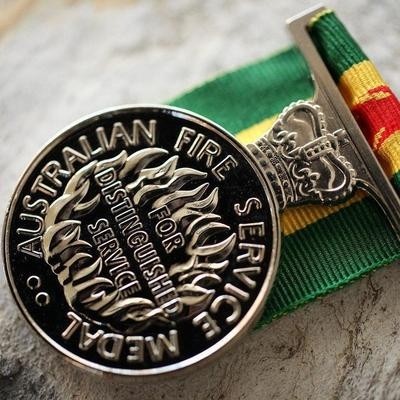
Nominations for the Australian Fire Service Medal (AFSM) for the 2022 Queen’s Birthday honours list are now open.
The award recognises those whose service is above and beyond the normal zealous and faithful discharge of normal or ordinary service, either in the short or long term. While volunteers are often modest and reluctant to seek out recognition for their exceptional contributions protecting lives and property, nominating a fellow volunteer to recognise their contribution is a way to say ‘thank you’ to those people who have stepped up and helped to inspire other volunteers.
A helpful guide to preparing nominations is available from the VFBV and CFA websites. Nominations need to be submitted to CFA by 1 November 2021.
Pre-register for survey
This year’s VFBV Volunteer Welfare and Efficiency Survey is about to open. Volunteers can pre-register now to ensure you are amongst the first to be notified of this year’s survey.
Register here or via the QR code below.

Joint Committee EOI
Expressions of interest are now open for volunteers to nominate as subject matter experts to the VFBV/CFA Joint Committee’s for the 2022 calendar year.
If you feel you can contribute and have the time, are passionate about one of the seven streams and want to be an integral part of our Joint Committee process – then please talk to your local VFBV State Councillor or VFBV Support Officer for a nomination form. Nominations are due to your District Council early November 2021.
Our Community, Our CFA
Members are encouraged to visit the VFBV website to view the ‘Our Community Our CFA’ video that celebrates Victoria’s iconic CFA, one of the largest, most diverse and most professional emergency services in the world. The video demonstrates the skilled, professional and diverse range of skills and value that CFA volunteers selflessly make to the safety of all Victorians 24 hours a day, 7 days a week.
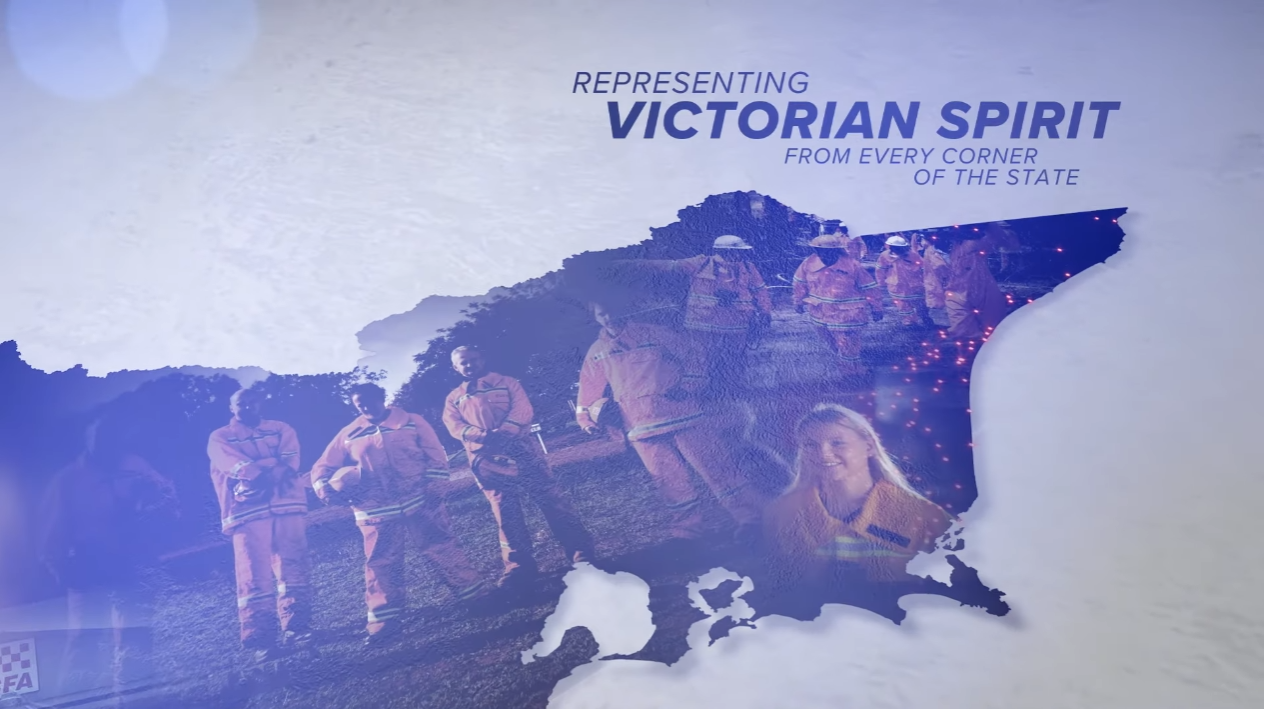
Fire Wise – October 2021 online only edition
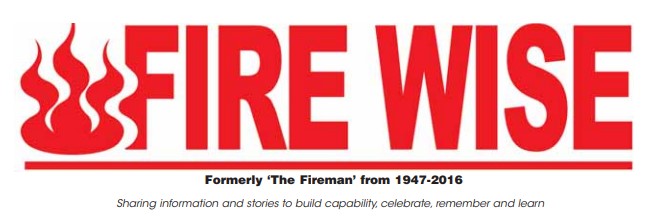
The October 2021 edition of Fire Wise has been published online only, this edition and past editions are available from the Fire Wise website.
You can support Fire Wise and the role it plays as an independent voice in keeping volunteers informed by becoming a subscriber. To become a Fire Wise subscriber visit the Fire Wise website or contact the Managing Editor of Fire Wise, Gordon Rippon-King either by phone 0402 051 412 or email This email address is being protected from spambots. You need JavaScript enabled to view it.
Recent articles on the VFBV website
Open for Consultation
VFBV Statement – Volunteers Welcome Independent Review
VFBV Statement on UFU Campaign
Enjoying the VFBV monthly newsletter?
If you enjoy reading the VFBV newsletter each month, why not share it with your fellow volunteers?
Either share this page with others who may enjoy the articles or encourage other volunteers to sign up to receive their own copy via email each month here.
The following items are currently open for consultation, and and your feedback is being sought.
Members are encouraged to review any of the items below and provide feedback/comment and/or suggestions ASAP.
We encourage members not to wait until deadlines to provide feedback, but rather provide it as early as possible which will give us a chance to conduct further research that may assist us being able to advocate more strongly for your desired outcome.
All feedback is used to inform and influence formal VFBV positions as well as used to influence CFA positions and thinking during the deliberative process. If we need to use your feedback to demonstrate or illustrate the views of members, your personal details will not be shared with CFA, and feedback will always be de-identified to protect your privacy.
If members have provided feedback directly to CFA, you are requested to please forward a copy of your feedback through VFBV channels as well - as often times we will be able to support and assist with advocacy as well as influencing formal VFBV positions on various items.
All members are welcome and encouraged to provide feedback.
How to provide feedback:
It would be preferred that members provide feedback ASAP, so that it can be received incrementally, allowing us enough time to consolidate, identify trends and research issues raised by members.
Feedback can be provided via:
- Emailing to This email address is being protected from spambots. You need JavaScript enabled to view it.
- Your local VFBV District Council or your local VFBV Support Officer
- By Post: 9/24 Lakeside Drive, Burwood East VIC 3151
- By Fax: (03) 9886 1618
Feedback does not need to be long or detailed, but if you do have the time to make substantive comment that is always welcome.
If you generally support a principle or policy, then a quick note letting us know would also be helpful. Similarly, let us know if you do not support it, or which aspects of it you don't support.
Where indicating non-support, it would be helpful to understand the key reasons why, and even a couple of brief bullet points would be adequate. Likewise, if you would prefer to provide a more detailed response, or mark-up and suggest changes to the documents, all that would be welcome also.
Your feedback will assist us form a VFBV position and response to the proposed changes and help us advocate on behalf of CFA volunteers. Please consider getting involved, and providing us your feedback ASAP.
Please remember to provide feedback in support as well as against. If we only hear from those who are against, it will be harder to determine the general comfort level of members with the proposals.
|
CFA Behavioural Standards This behavioural standard sets out the required standards of behaviour for all CFA Members, Officers and contractors. It is intended to cover everyone under one Standard and compliments the Volunteer Code of Conduct (Volunteers) and the Victorian Public Sector Code of Conduct (Employees). Draft CFA Behavioural Standard is provided for feedback/comment. Downloads: |
 |
|
Child Safety Behaviour Statement CFA is required to act in compliance with the Child Safe Standards governed by the Commission for Children and Young People. Standard 2 requires that organisations have a child safe code of conduct that establishes clear expectations for appropriate behaviour with children. To avoid confusion with existing codes of conduct, the Commission agreed some time ago that calling it a Behaviours Statement instead of a code of conduct would be appropriate. The purpose of the document is to set out behaviours that are acceptable and those that are not, to promote the safety and wellbeing of children and young people. DRAFT Statement is provided for feedback/comment. Downloads: |
 |
|
Child Safety and Protection Business Rule This Child Safety and Protection Business Rule is a set of practical rules designed to ensure compliance with the Child Safety Executive Policy and the child safety principles contained therein. The strict enforcement of the Child Safety Executive Policy allows CFA to embed child safety compliance within its programs, policies and processes. DRAFT Business Rule is provided for feedback/comment. Downloads: |
 |
|
Fire District Review Panel: Proposed Risk Assessment Methodology Discussion Paper As part of Victoria’s fire services reform, the independent Fire District Review Panel (the Panel) has been established to undertake reviews of the Fire Rescue Victoria (FRV) fire district boundaries at least once every four years and at the request of the Minister for Emergency Services. The attached Risk Assessment Methodology Discussion Paper outlines the proposed risk assessment methodology that will underpin the conduct of these reviews. The discussion paper is attached and members are invited to provide feedback on the proposed risk assessment methodology to help inform VFBV's formal response. Downloads: |
 |
VFBV Statement - Volunteers Welcome Independent Review
Written by VFBVVolunteer Fire Brigades Victoria welcomes today’s announcement by CFA of the commissioning of Dr Szoke to help lead a review into how to further strengthen CFA’s systems and approaches to ensure CFA becomes the exemplar of healthy, safe and respectful workplaces across the fire sector.
Dr Helen Szoke AO has served as Australia’s Federal Race Discrimination Commissioner and is the former Commissioner of the Victorian Equal Opportunity and Human Rights Commission. Dr Szoke will bring unparalleled credibility and expertise to the role. Most recently Dr Szoke has completed an independent review on behalf of the Chief Justice of the Supreme Court, where she considered measures to prevent sexual harassment, improve reporting and improve support for those who experience sexual harassment in Victoria Courts and VCAT.
Just like our courts, CFA Volunteers likewise expect their workplaces and fire stations across the sector to provide safe and welcoming environments that live up to the exceptionally high standards displayed and modelled by CFA members every day in protecting their communities from fire and other emergencies.
Our members deserve to be supported and protected by world class systems, policies and processes that provide every single volunteer and staff member with a work environment that is free from harassment and discrimination.
Dr Szoke has been requested to undertake an independent review of what more the CFA can do to support and create a welcoming, inclusive and supportive organisation which embraces diversity and deals effectively with cultural issues when they do arise.
This commitment and review is fully supported by VFBV and delivers on our strong advocacy for CFA’s systems and complaint processes to be independently reviewed and improved to reflect the high standards that CFA members expect.
While this should have been completed years ago through the previous Victorian Equal Opportunity and Human Rights Commission review into the MFB and CFA, we are proud that CFA will take this courageous step to free itself from Government and sector inertia and forge ahead with its own work that will lead to CFA becoming the largest, safest and best practice firefighting organisation in Victoria.
We acknowledge the disappointment and hurt by all those members who feel abandoned by the previous VEOHRC process and the injustice of their stories and complaints never seeing the light of day. And while VFBV has staunchly advocated for VEOHRC to be involved and be asked to complete the work that was started, we acknowledge that CFA cannot continue to be held hostage to a process that has seemingly lost Government and VEOHRC support and has been relentlessly bogged down in legal and political fights.
This review will give CFA a solid baseline and framework to strengthen and support the vital goal of promoting diversity and ensuring all our members feel safe and have access to robust systems of accountability. A fire service where victims are supported, and all members are encouraged to speak up about the importance of a safe and respectful workplace.
As the 2016 Australian Bureau of Statistics personal safety survey reports, two in five people aged 18 years and over have experienced sexual harassment during their lifetime. Women are more than twice as likely to experience sexual harassment than men. Fire services are not immune to the issues faced across the broader community and public sector. But this should not be used as a reason to avoid or confront the issue head on.
As reports into Victoria Police, Ambulance Victoria, Australian Defence Forces and the Victorian Public Sector have shown, these are complex and confronting topics to tackle. But by doing so, we set the example and raise the bar for all others to follow. VFBV accepts its leadership role to support this work and be part of that change.
CFA members, volunteers and staff spend their lives and careers protecting the safety and putting their fellow Victorians ahead of themselves. They deserve no stone to be unturned when it comes to- ensuring they themselves are protected and have safe and respectful workplaces.
VOLUNTEERS DISMISS UNION PROPAGANDA
Volunteer Fire Brigades Victoria notes with disappointment the commencement of yet another UFU TV and print campaign that attempts to scare and mislead the public.
VFBV rejects the unions divisive campaign, and reminds Victorians that all firefighters are professional, including those that choose not to be paid. We work as one and we respect one another.
To choose a term to headline their campaign that they know volunteer firefighters will find insulting just illustrates the divisive and disrespectful approach of the UFU towards Victoria’s 55,000 strong CFA volunteer first responders.
Alarmingly, the campaign appears to be an obvious attempt to influence and politicise the Governments ‘independent’ fire district review panel to try and initiate a further review of fire district boundaries before the next election. A tired argument with no other goal than to further expand the union’s membership across regional Victoria.
Of significant concern is the campaign message that Victorian’s do not need to be prepared for an emergency because the State’s small paid workforce will somehow be there. This is the opposite of changes made since Victoria’s 2009 Black Saturday Royal Commission that urged agencies and Governments to support and encourage all Victorians to prepare for emergencies and take an active part in their own and their family’s safety.
It is an irresponsible and dangerous message that demonstrates how out of touch the union is on how to build safer and more resilient communities.
All of Victoria’s firefighters (volunteer and paid) have been working hard over the last twelve months to rebuild respect and courtesy between agencies and each other - regardless of the badge on the side of the fire truck. VFBV is proud of our career firefighter brothers and sisters and rejects any provocation that attempts to pit firefighter against firefighter.
To return to the politics of the past and try to stoke peoples fear and anxiousness on the eve of a fire season is concerning behaviour but aptly demonstrates the perception that the union cannot change and is simply unwilling to work collaboratively with others. It is an insult to all firefighters and displays an ugly and selfish side of a small militant union desperately trying to redeem itself and its image after years of self-inflicted controversy.
CFA volunteers have stood by Victorians during their darkest days and will not be distracted from preparing for this year’s fire danger period. They will stand united against such unprovoked attacks.
CFA volunteers have continued to engage with communities, run community education campaigns, and essential firefighter training and skills maintenance right through the COVID pandemic. They are highly trained and highly professional.
As Victoria’s largest, and most diverse fire service – CFA volunteers selflessly respond to structure fires, bush fires, industrial fires, HAZMAT incidents, road accident rescue, and other highly specialised incidents including co-responding with ambulance Victoria to emergency medical incidents.
The respect and trust of the Victorian community in CFA and CFA volunteers is well earned over many decades of service and built on actions and deeds - not words or fancy PR stunts.
CFA volunteers stand by Victorian communities 24 hours a day, 365 days a year. Together, we are building a safer and more resilient Victoria standing united with our communities against the threat of emergencies and other natural disasters. You can be confident in CFA and CFA volunteers.
As volunteers ourselves - we are proud of our communities and proud of our community-based fire brigades located across 1,217 communities right across Victoria. We work with and for the communities we are based in. Victoria’s emergency management volunteers contribute $2.5 billion dollars of value to Victoria every year.
CFA volunteers – proud to serve.
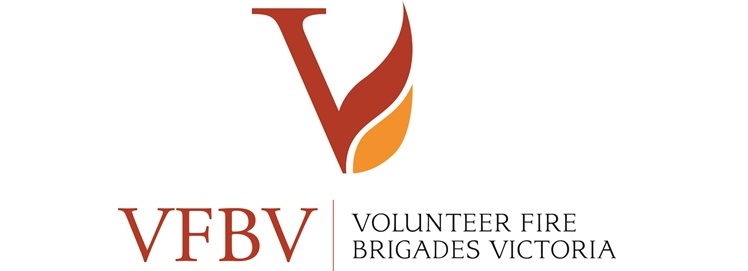 |
About VFBV: VFBV is established under the Country Fire Authority Act and is the peak body for CFA Volunteers in Victoria. VFBV works tirelessly to represent, advocate and support CFA volunteers to the CFA Board and management, governments, ministers, members of parliament, councils, instrumentalities, business and the public. Our vision is for Strong Volunteerism, Embraced to Build Community Resilience for a Safer Victoria. |
Want is CFA Volunteer Surge Capacity
One of the fundamental benefits of the CFA volunteer based model is the depth of capacity and capability it provides to maintain response across Victoria to widespread, large scale, multiple and concurrent emergencies whilst maintaining local fire cover for the rest of Victoria.
Watch our animated video below to learn how it works and why it is important.
Our colourful animated video explains how CFA’s volunteer surge capacity works and our computer-generated video shows a satellite view of hundreds of brigades as they respond.
Our animated video gives you a quick demonstration of CFA’s volunteer surge capacity.
Our computer-generated video shows modelling of official CFA data, put together by VFBV and the University of Melbourne’s Centre for Disaster Management and Public Safety to show how CFA’s great volunteer surge capacity can deal with multiple major incidents.
An explanation of CFA Volunteer Surge Capacity
CFA volunteer surge capacity is the ability to field thousands of trained, experienced volunteer firefighters at short notice while at the same time maintaining normal day to day service delivery and protection of local communities.
 |
One of the fundamental benefits of the CFA volunteer based model is the depth of capacity and capability it provides to maintain response across Victoria to widespread, large scale, multiple and concurrent emergencies whilst maintaining local fire cover for the rest of Victoria. |
 |
The blue dots on the map above show the location of CFA volunteer brigades across Victoria that provide a network of brigades all contributing to volunteer surge capacity. |
 |
CFA volunteers attend local fires, day to day emergencies and major disasters anywhere in the state. |
 |
They are professionally trained and equipped for all fire risk situations - from houses, shops and factory fires to major hazards, bushfires and motor vehicle accidents. |
 |
Your local CFA volunteer brigade is much more than just 3 or 4 firefighters on duty – it’s dozens of volunteer firefighters on call and ready whenever needed 24 hours a day 7 days a week. Every day of the year. |
 |
This regular activation results in a well-motivated, exercised and prepared emergency force that maintains operational readiness across the whole year. This not only keeps communities safe but ensures the highest levels of firefighter safety due to frequent use of their skills. |
 |
CFA’s huge volunteer numbers mean we have the ability to combat multiple fires at a time and keep supplying firefighters on the ground. Often for weeks, months or more as required. |
 |
A huge portion of our CFA volunteer surge capacity comes from the ever-growing outer metropolitan Melbourne and provincial cities. So maintaining our volunteer numbers in these areas is vitally important for Victoria. |
 |
These volunteers from outer metro along with CFA volunteers right across the state means we have thousands of trained, experienced volunteer fire-fighters in the field ready to be deployed every hour of the day and we can keep supplying these firefighters for weeks at a time wherever they are needed. |
 |
This enormous surge capacity is recognized by fire experts as one of the most fundamental benefits of the CFA volunteer workforce. They are embedded in cities, suburbs, regions and even the smallest rural communities. |
 |
The 2009 Bushfires Royal Commission said that the CFA volunteer surge capacity, together with the local knowledge and the ability of CFA volunteer fire brigades to mobilise a rapid response was a key strength during the 2009 Black Saturday Fires. |
 |
This capacity is not just demonstrated during summer, but across the entire year. The 2014 Hazelwood Mine Fire is just one example of a non-bushfire emergency that extended over 45 days and required thousands of well trained volunteers. And this volunteer surge capacity is essential for Victoria’s continuing ability to deal with large fires. |
We are tens of thousands of Victorians, committed to protecting lives and property.
We are skilled, determined and here to serve Victorians now and into the future.
We are from the community and for the community.
We are CFA.
Watch the 'Our Community, our CFA' video here.
Watch the short video to gain an appreciation and understanding of Victoria's iconic CFA, one of the largest and most professional volunteer emergency services in the world. Excerpts from the video journey are displayed below to help you reflect on the incredible fire service built by volunteers with selfless grit and determination to benefit their communities and the Victorian public.
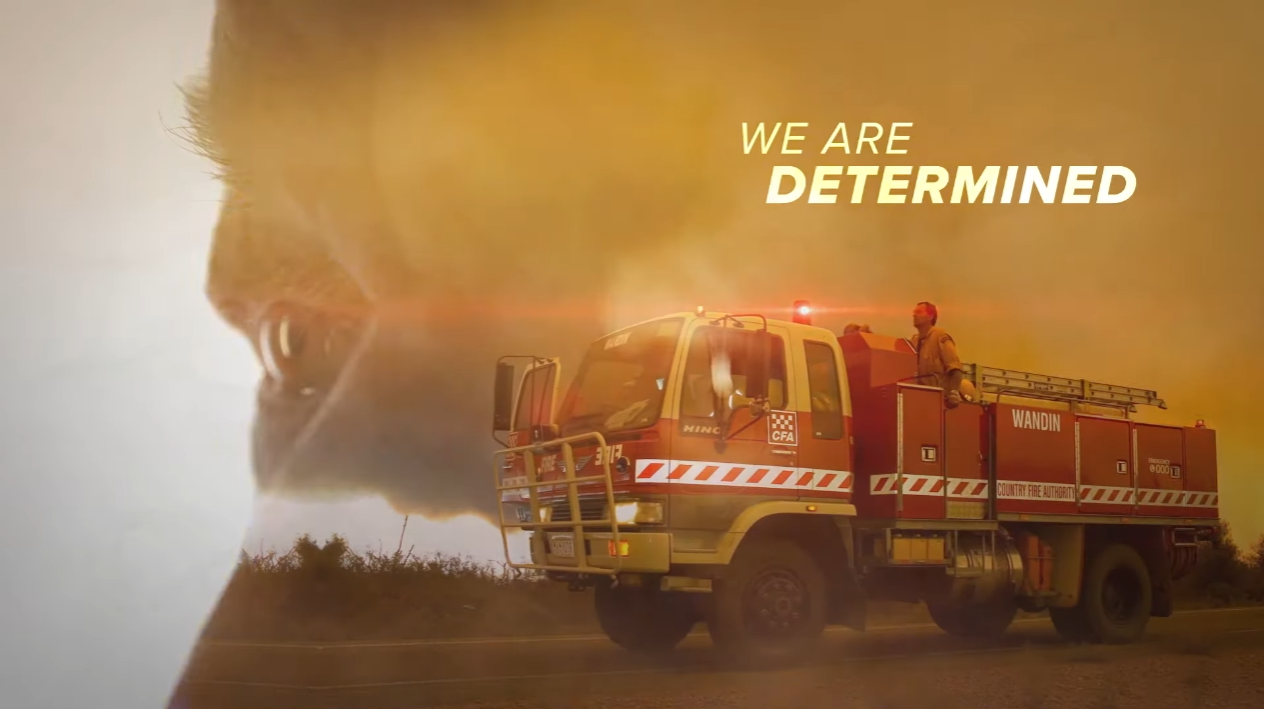 |
We are determined |
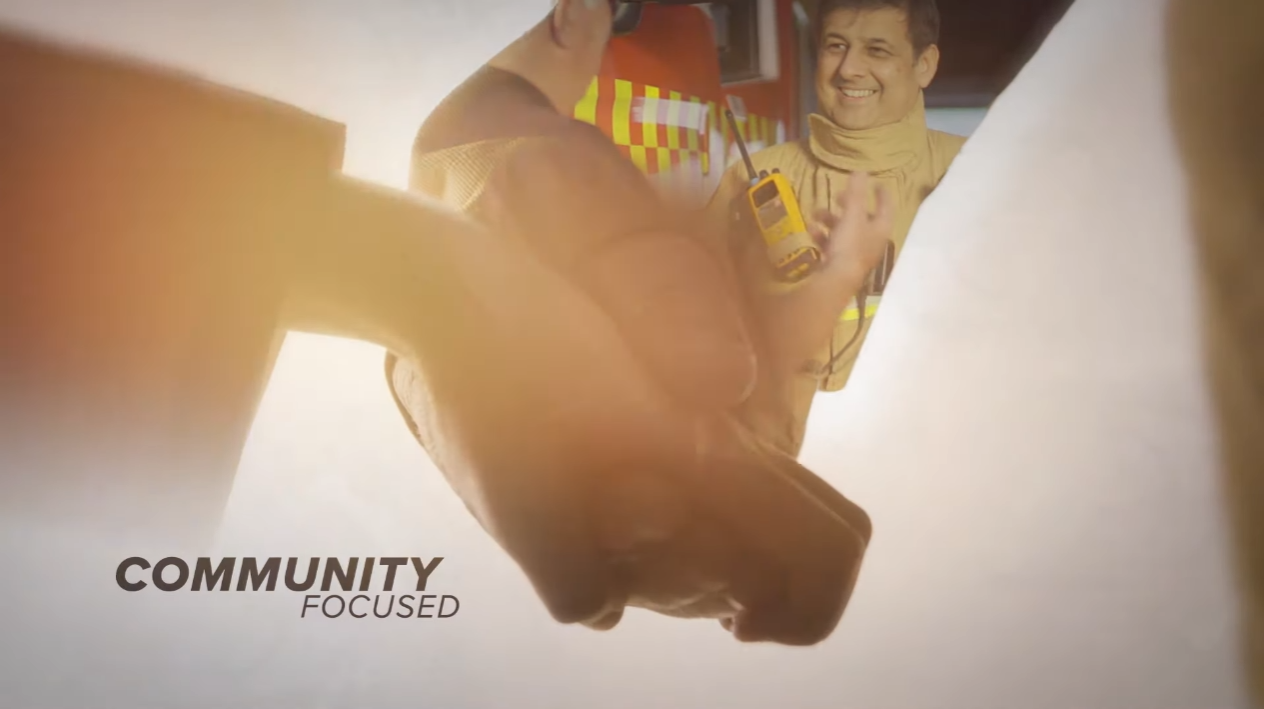 |
We are community focused |
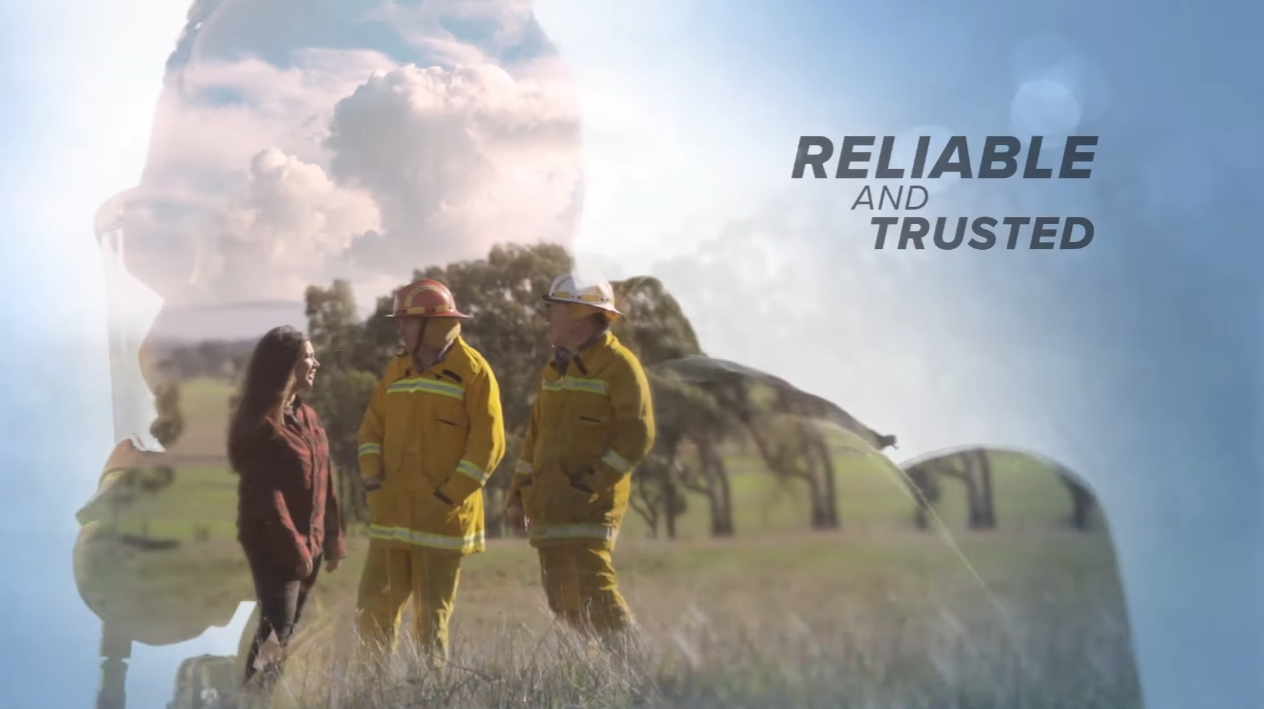 |
We are trusted and reliable |
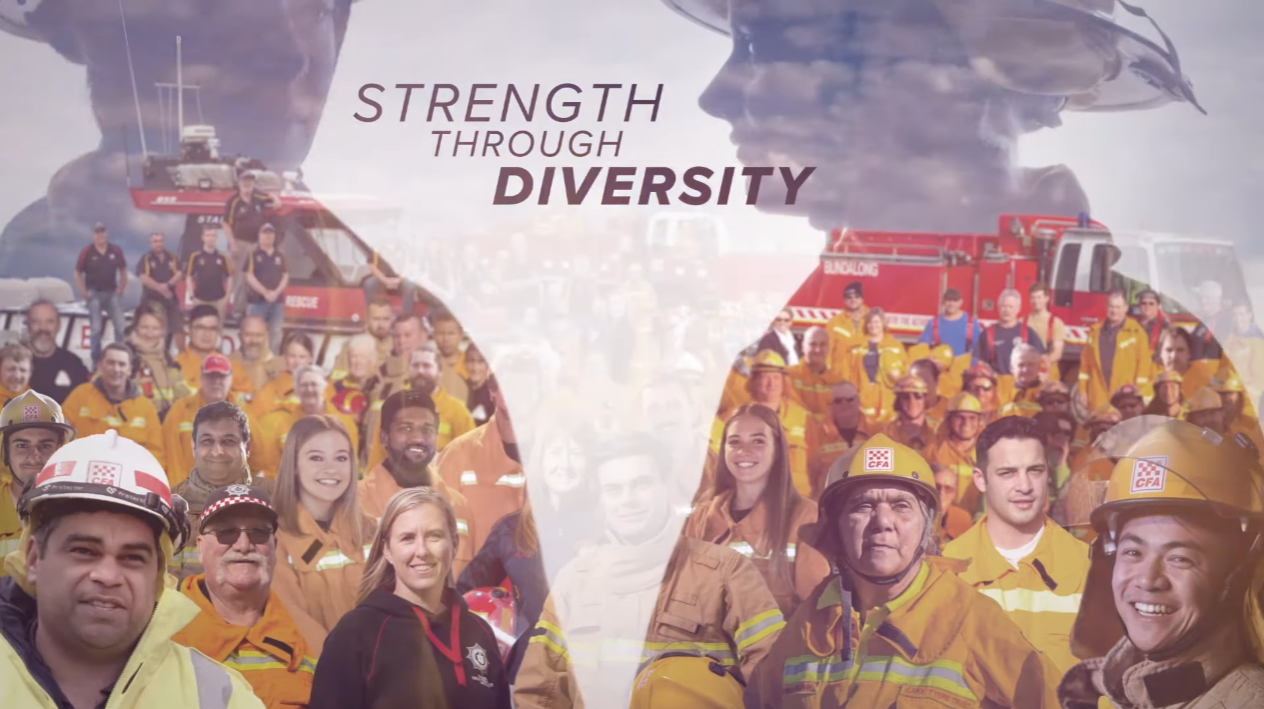 |
We draw strength through diversity |
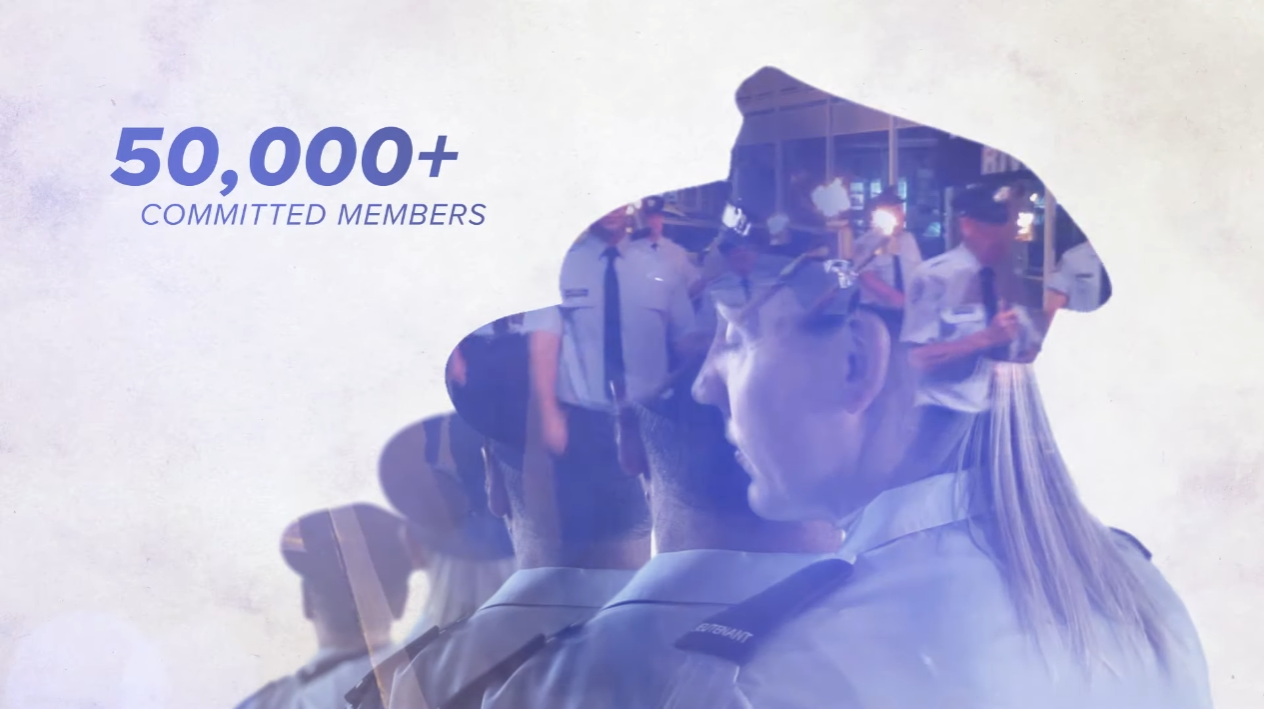 |
Are made up of more than 50,000 committed members |
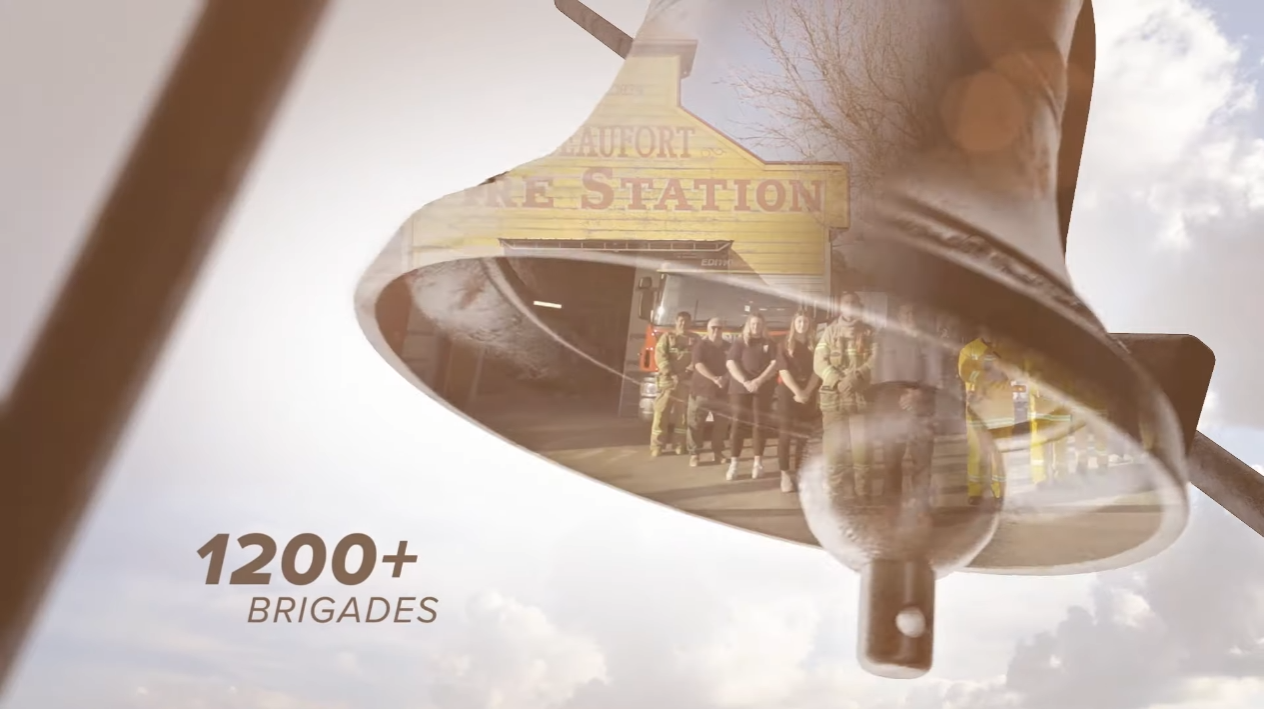 |
Across 1,217 volunteer fire brigades |
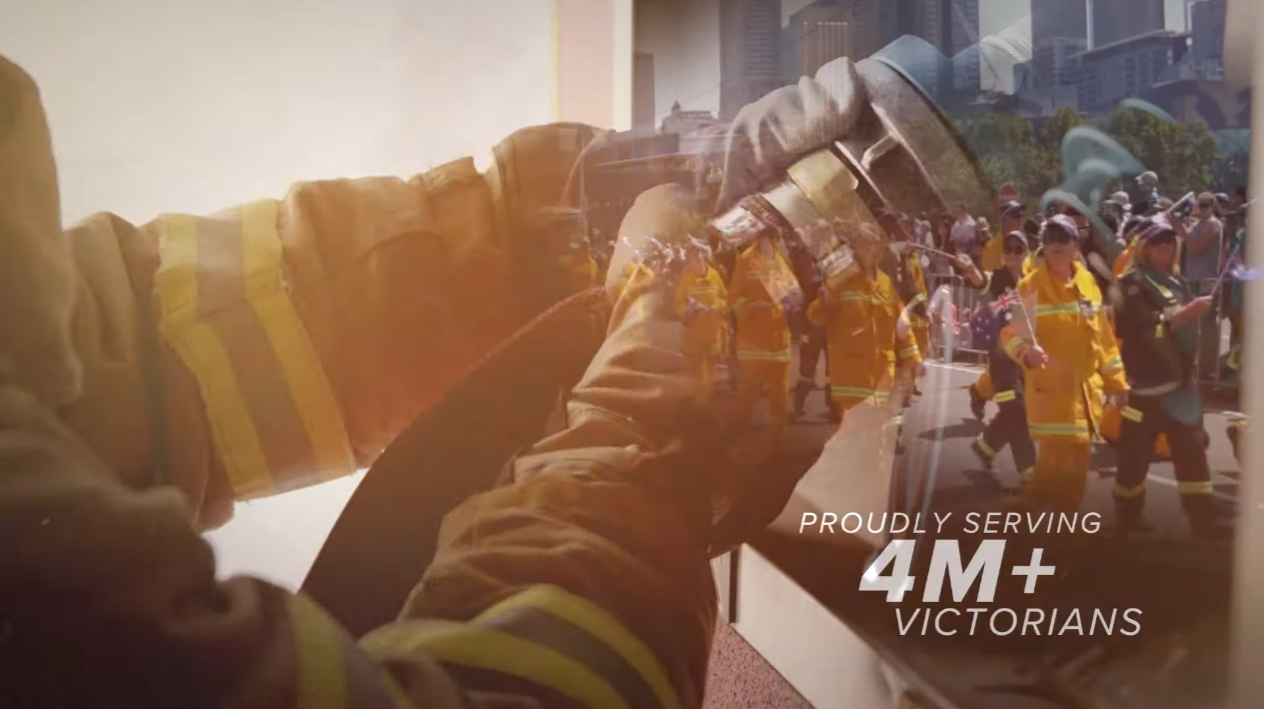 |
Proudly serving over 4 Million Victorians |
 |
Representing Victorian Spirit from every corner of the State |
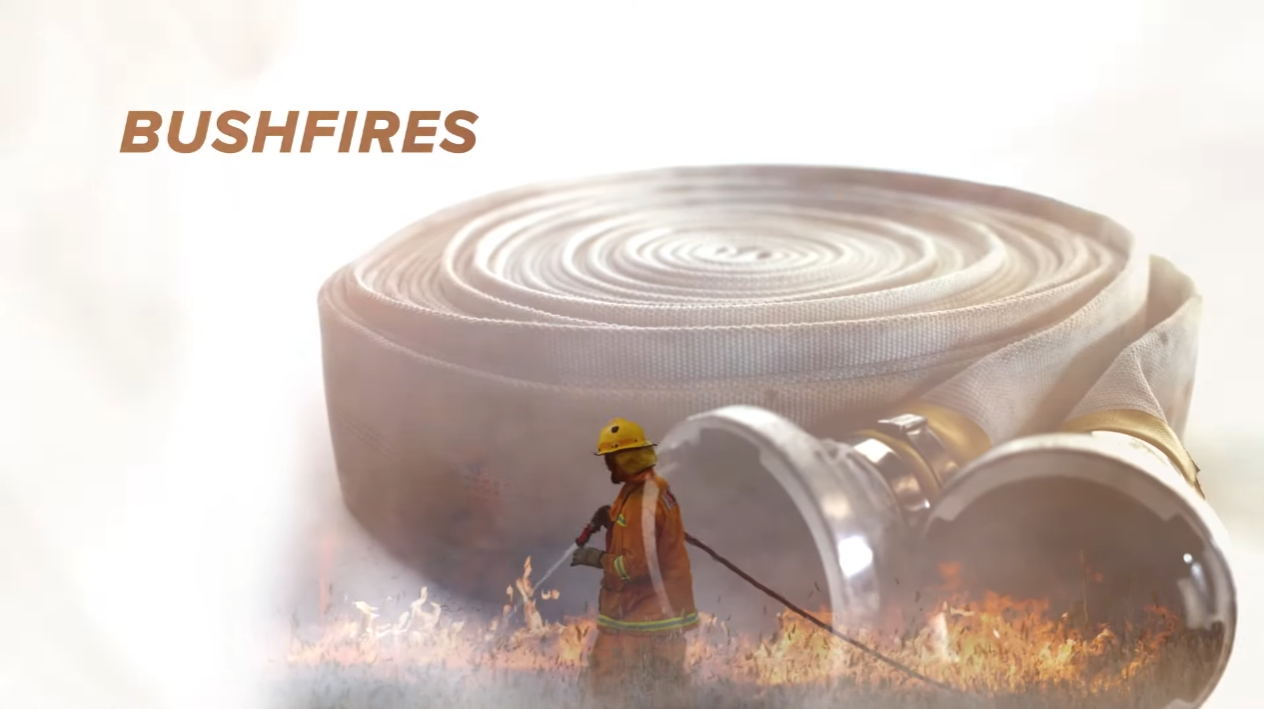 |
We respond to bushfires |
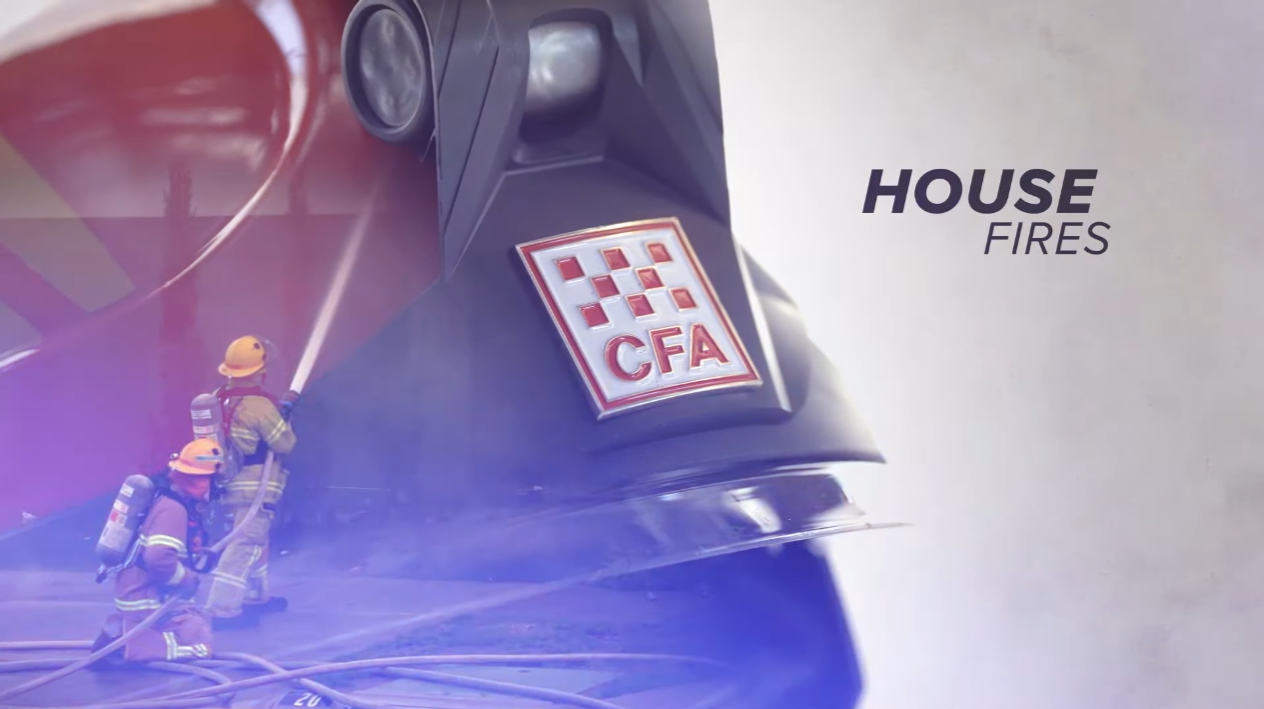 |
...and house fires |
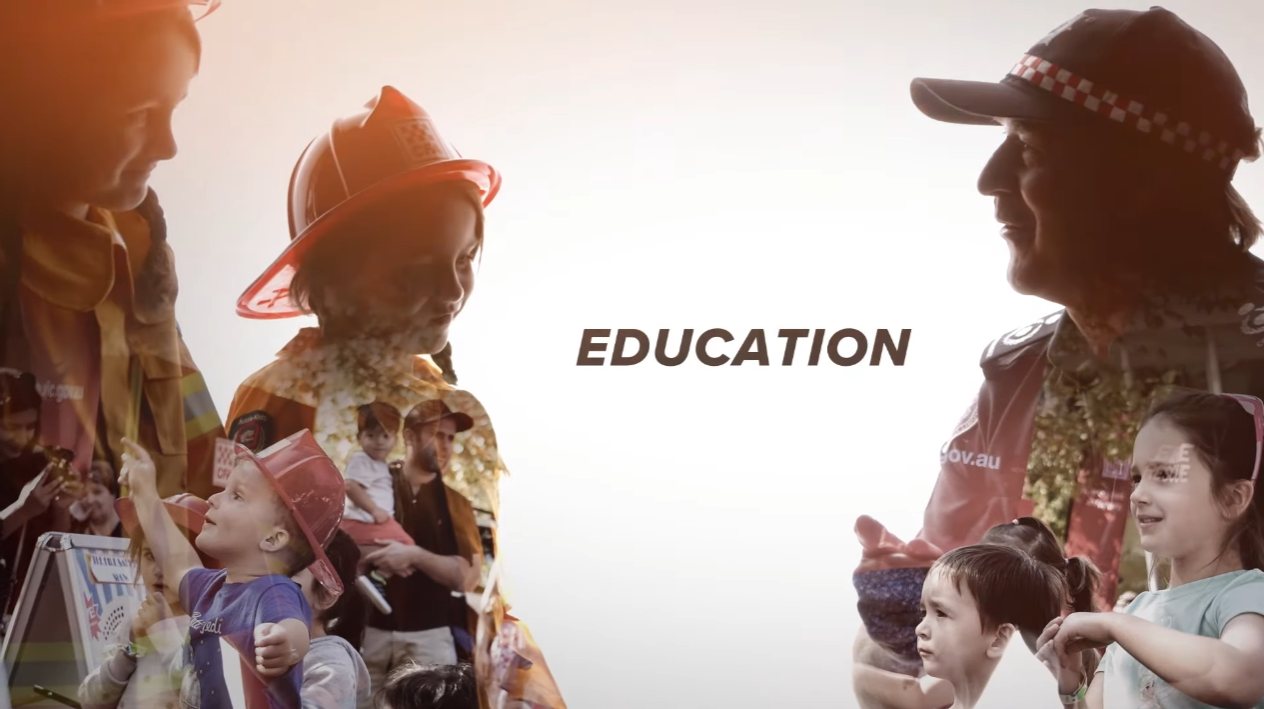 |
We provide community education both before, during and after emergencies |
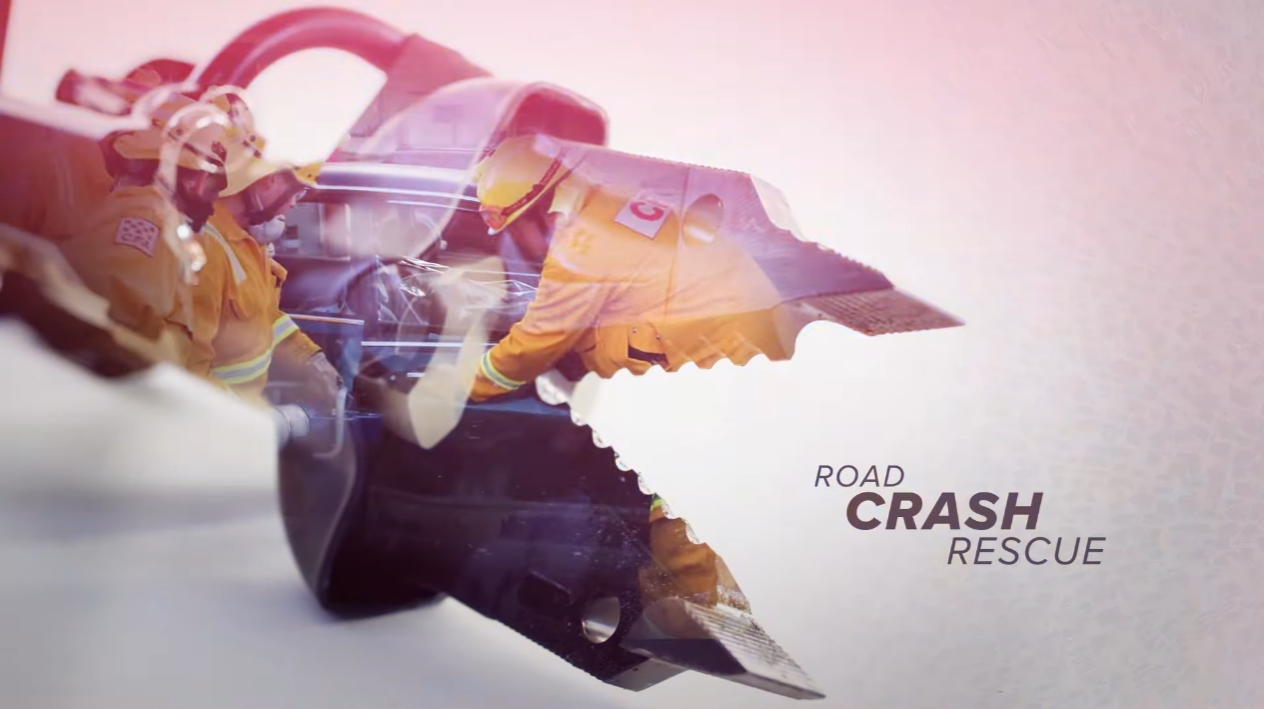 |
We provide road crash rescue |
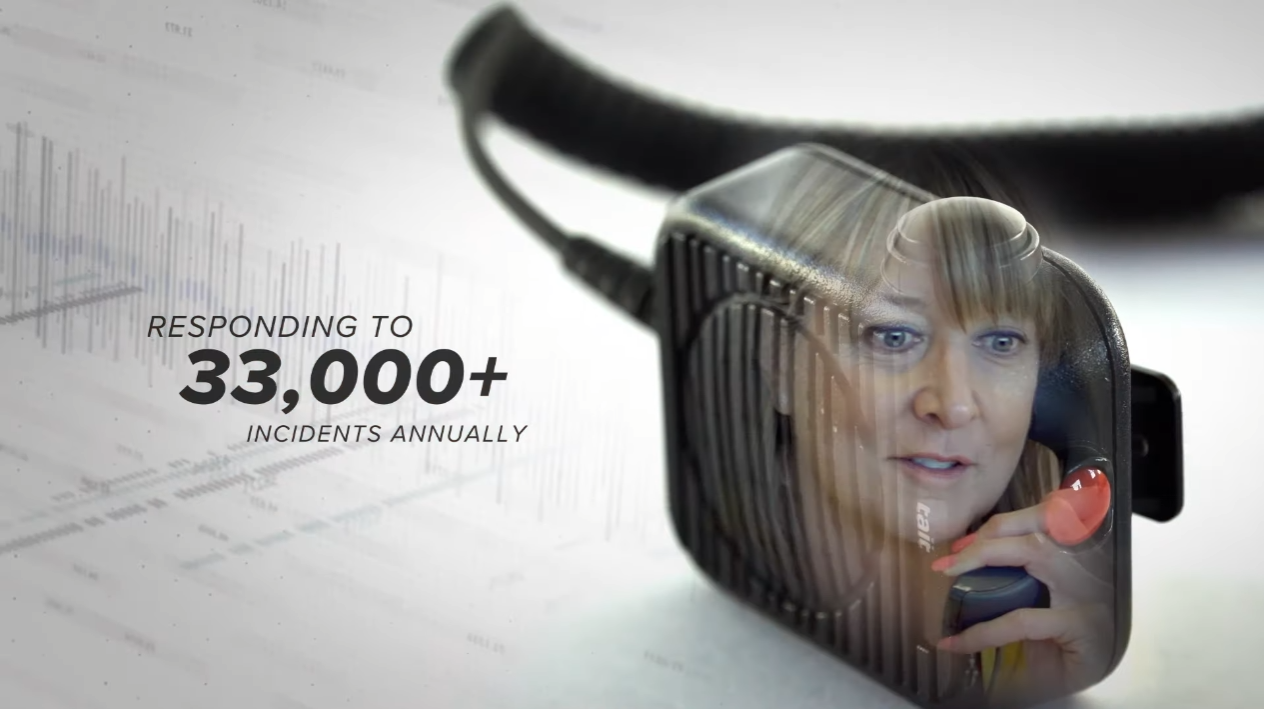 |
And respond to more than 33,000 incidents every year |
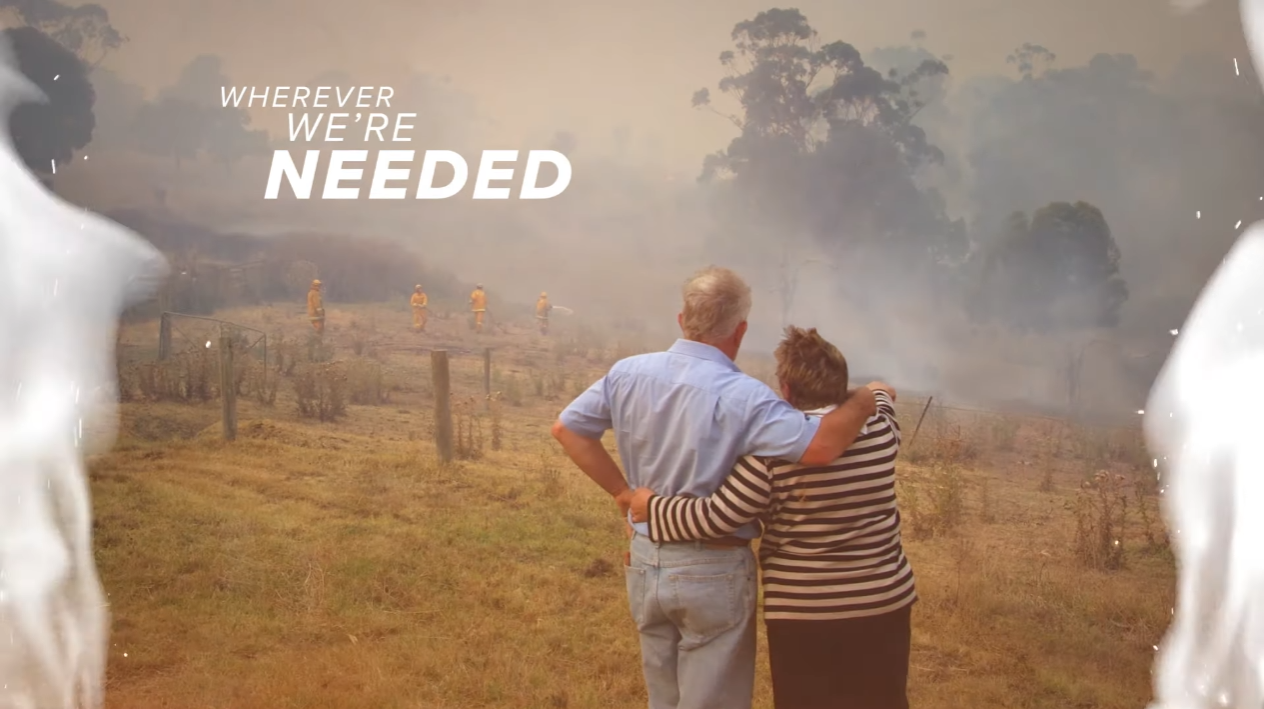 |
We respond wherever we're needed |
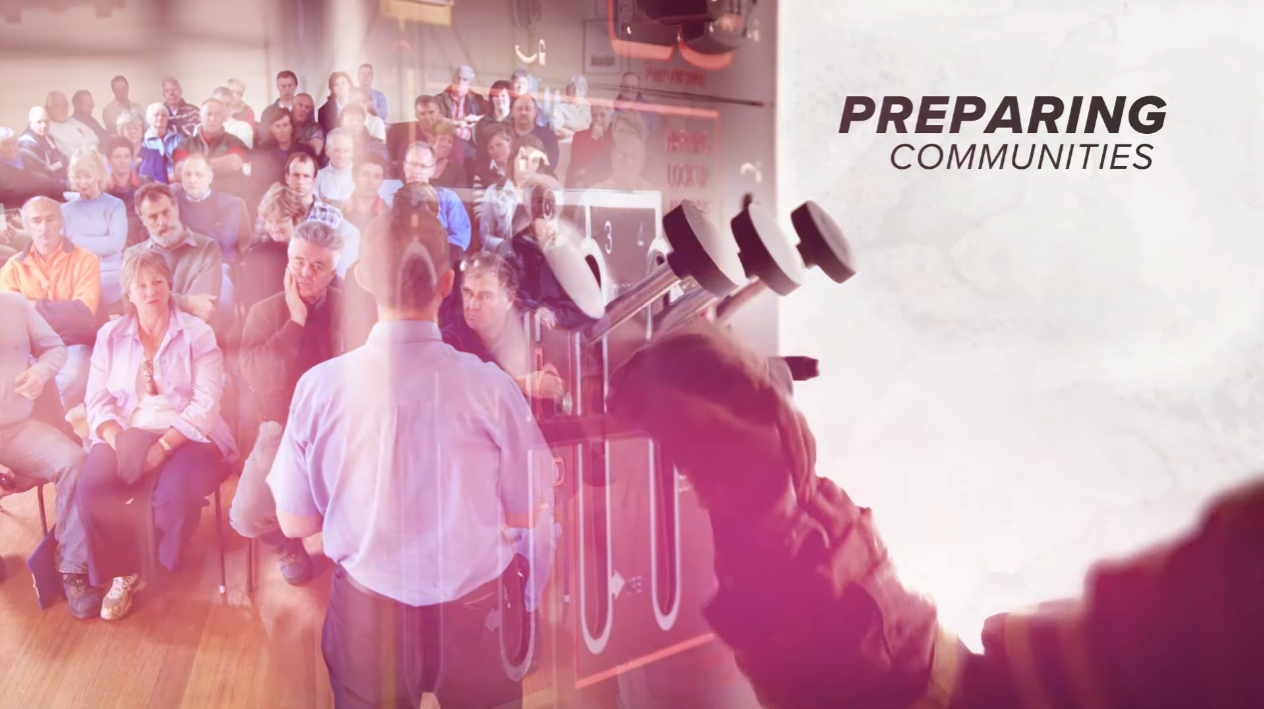 |
We assist communities prepare for emergencies |
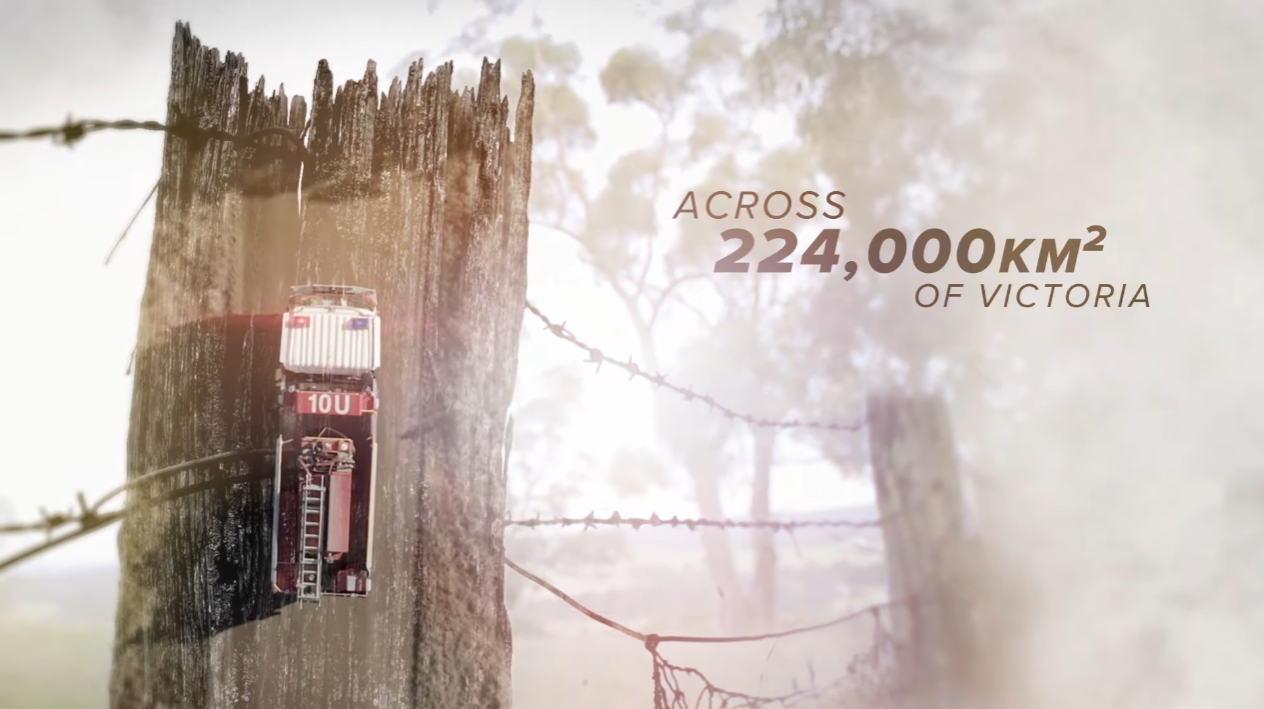 |
Across more than 224,000 squared kilometers of Victoria |
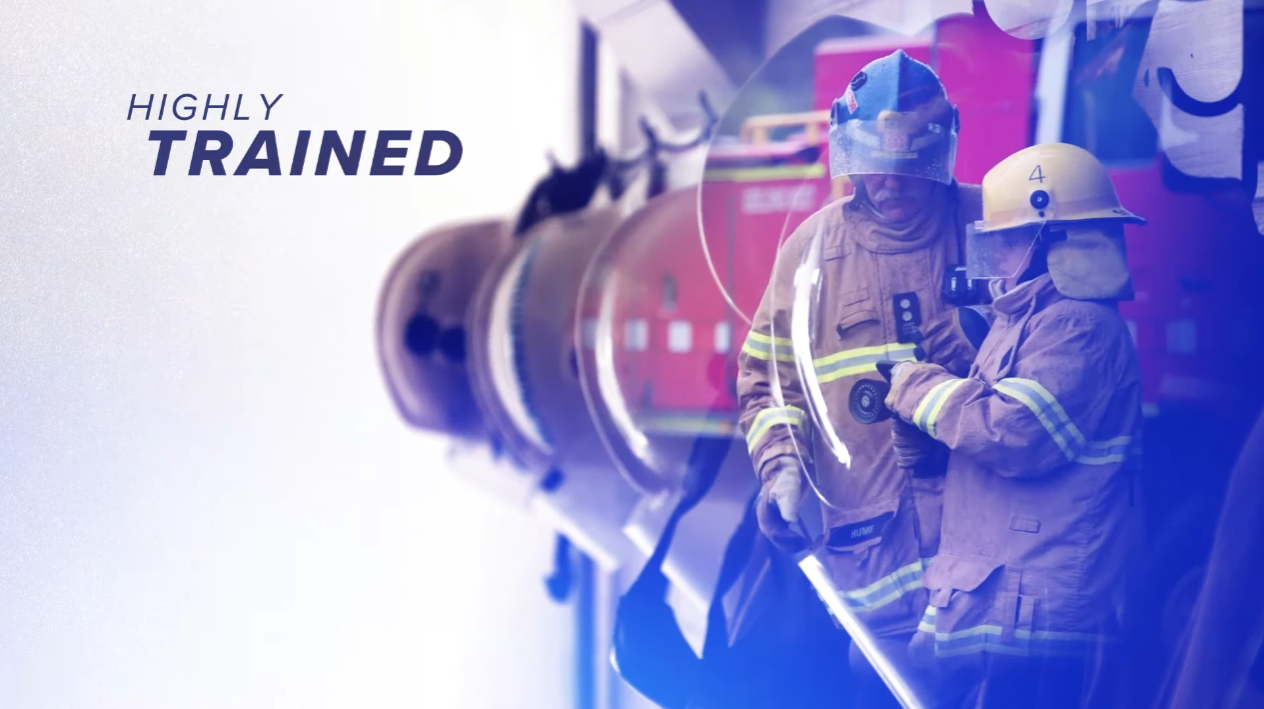 |
We are highly trained |
 |
We use research and evidence to guide our decision making |
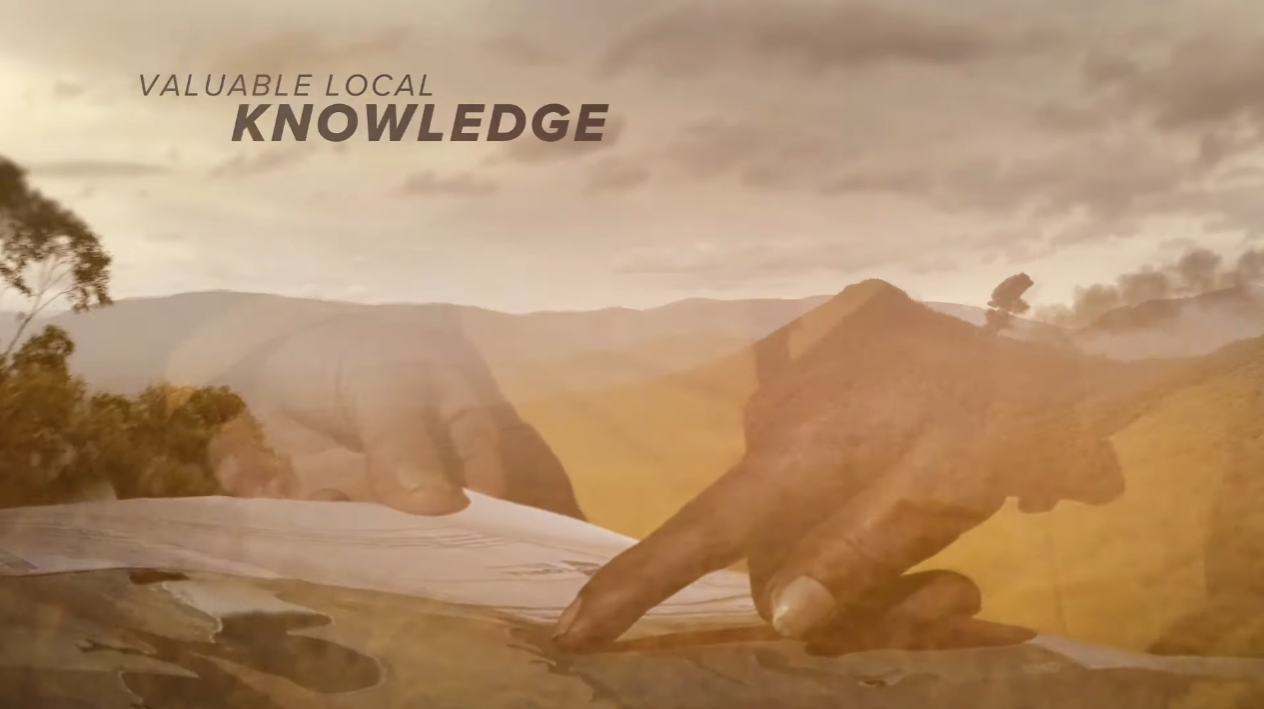 |
We provide valuable local knowledge before, during and after emergencies |
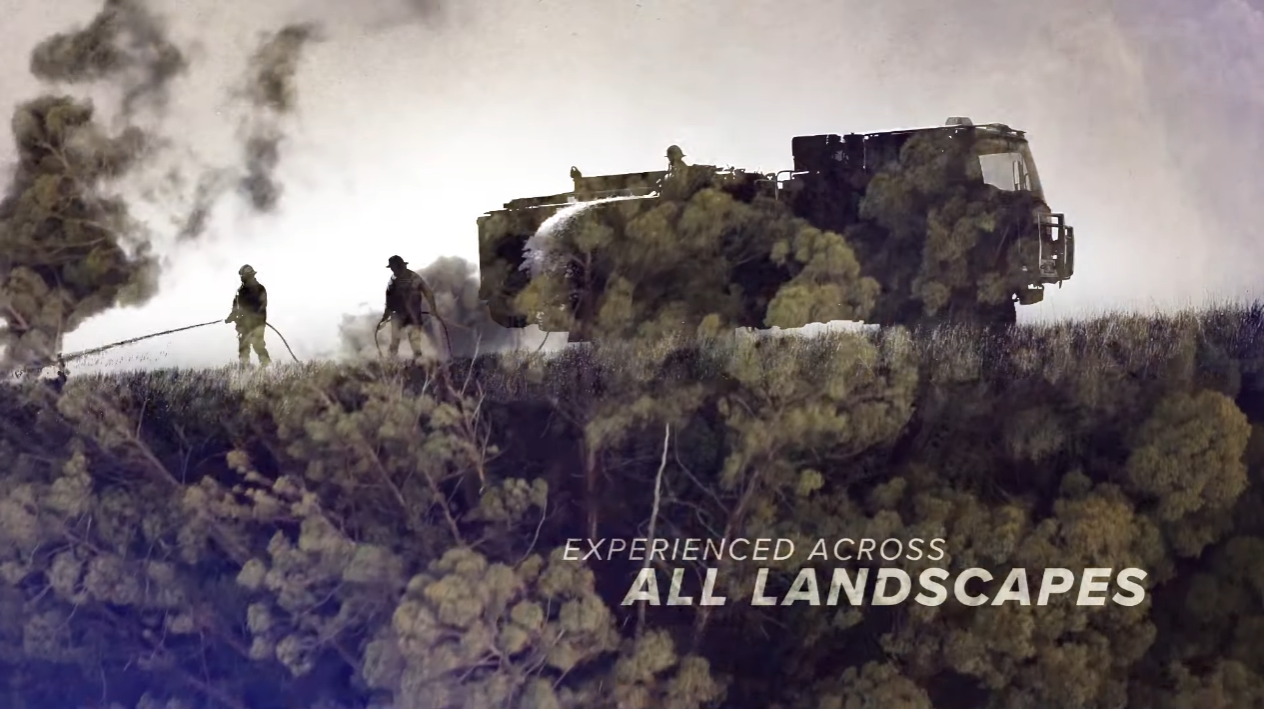 |
We are experienced across all landscapes |
 |
We have broad and diverse skill sets |
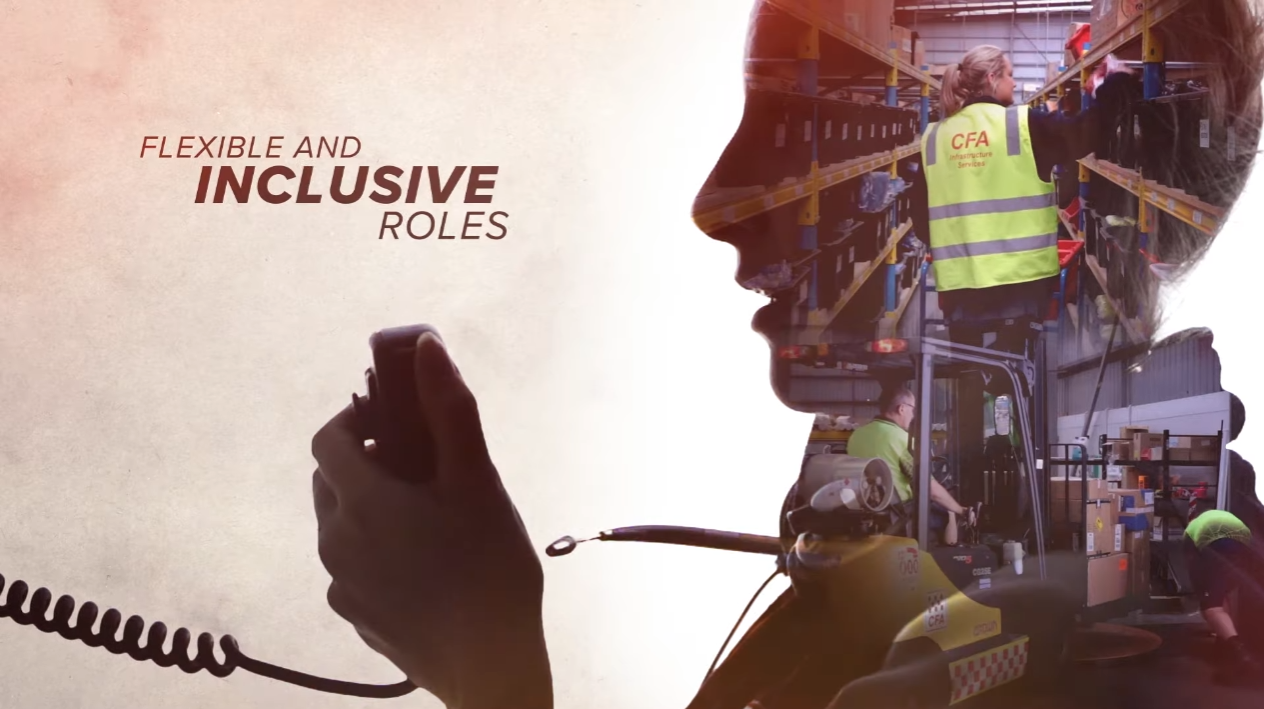 |
And have flexible and inclusive roles to encourage diversity of skills, people, thought and gender |
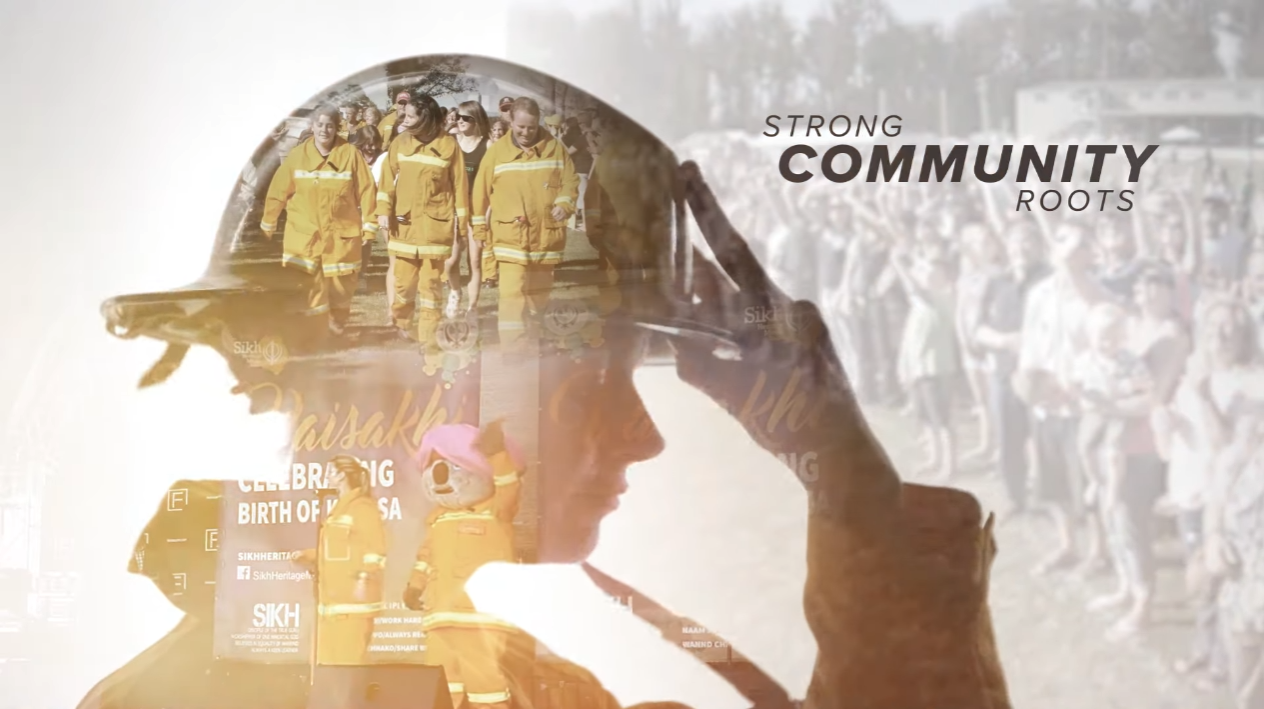 |
We are born from the communities we serve providing strong community roots |
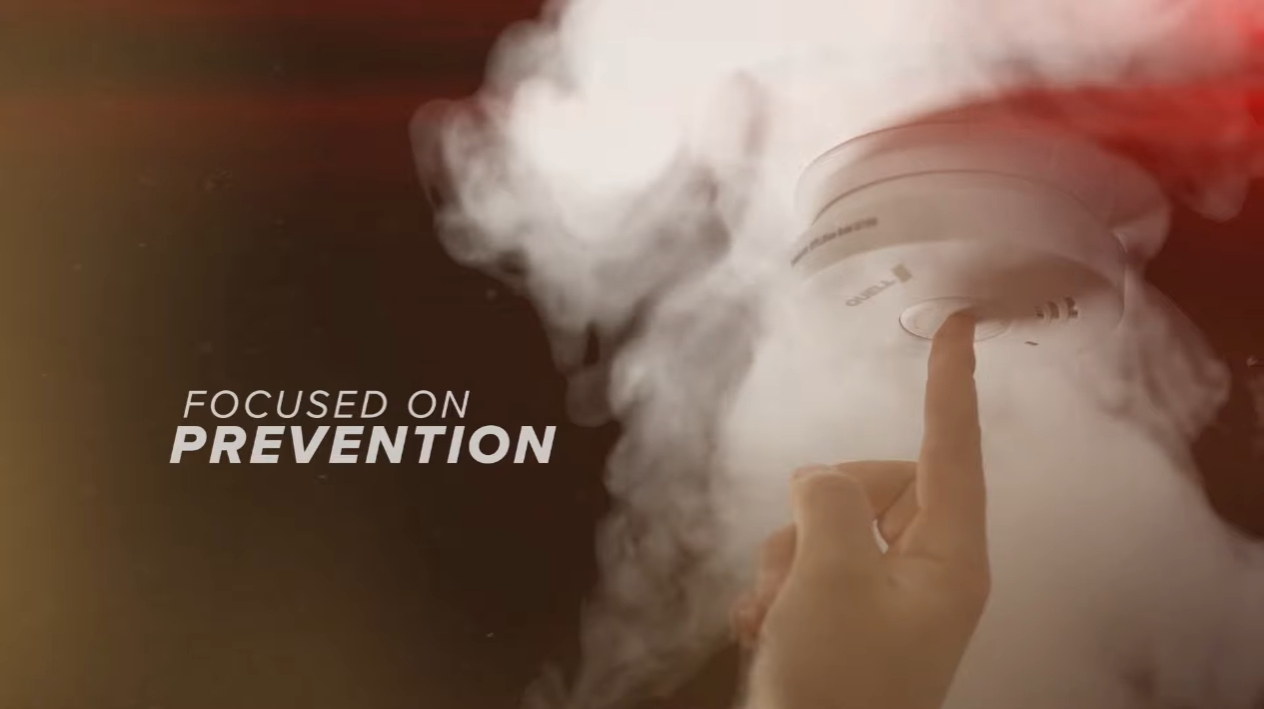 |
We are focused on prevention... |
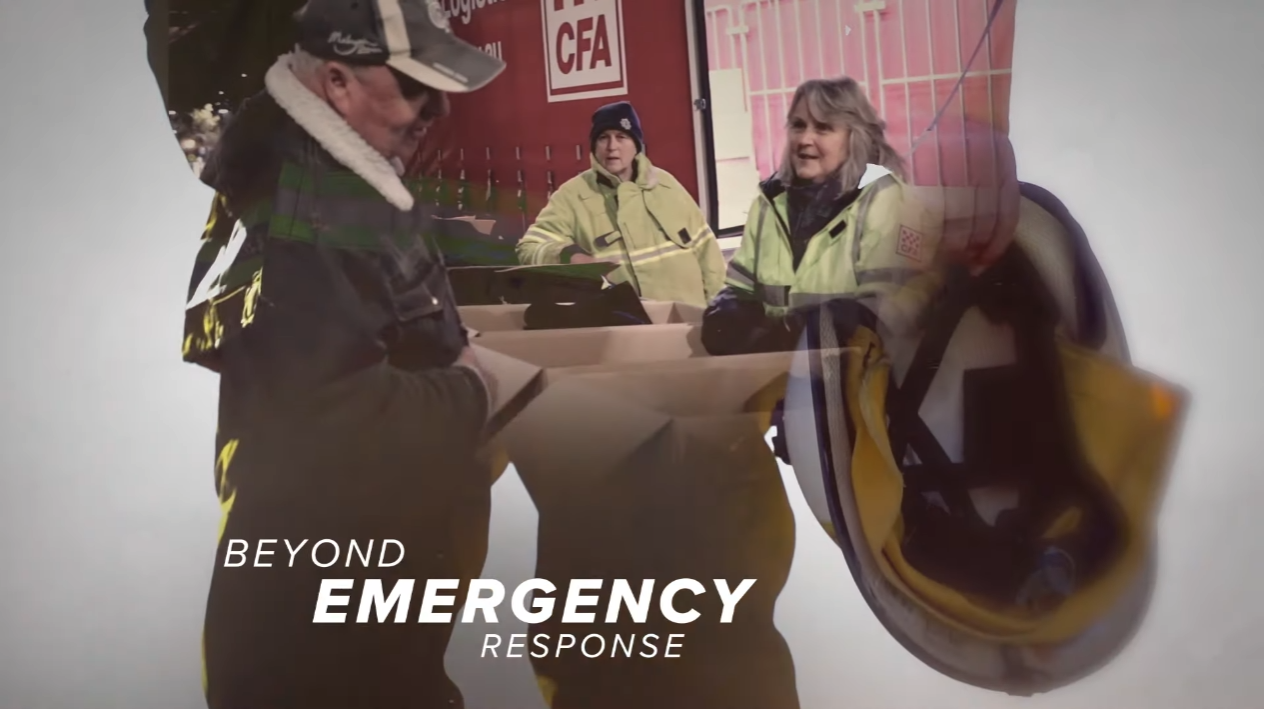 |
...that stretches far beyond just initial emergency response |
 |
CFA has been operating for more than 75 years and volunteer fire brigades existed well before that |
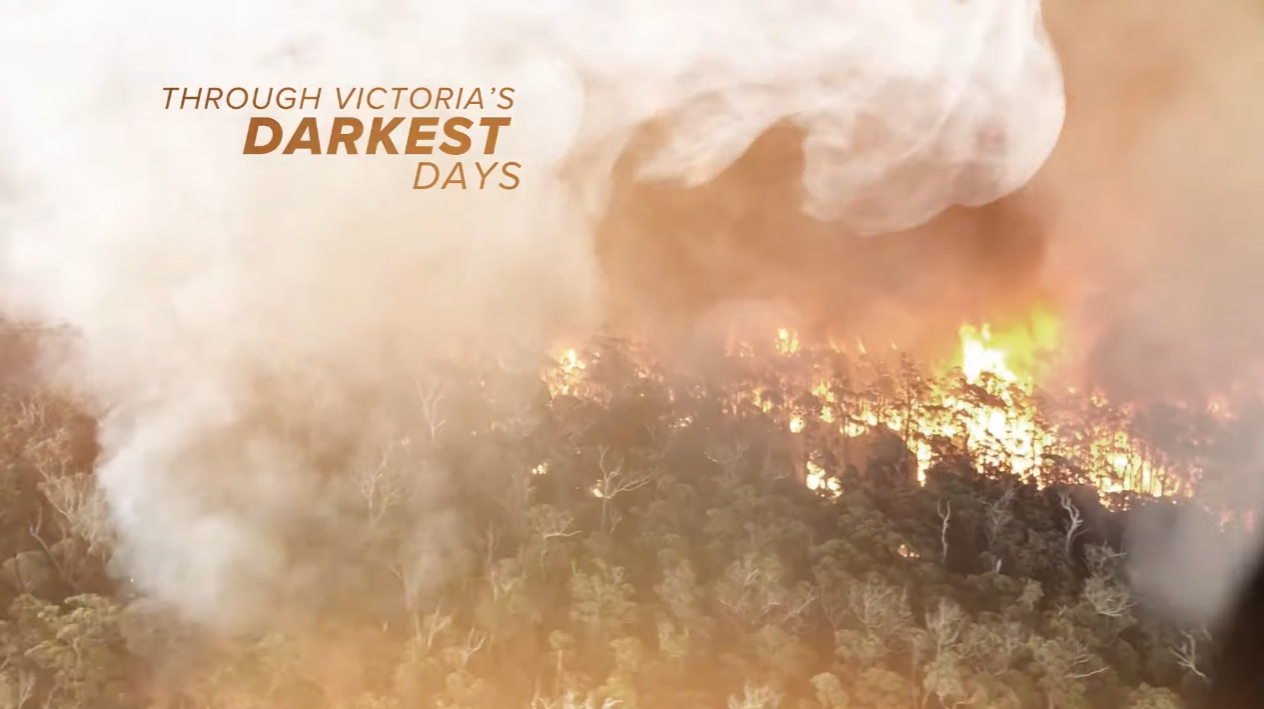 |
We have stood by our communities through Victoria's darkest days |
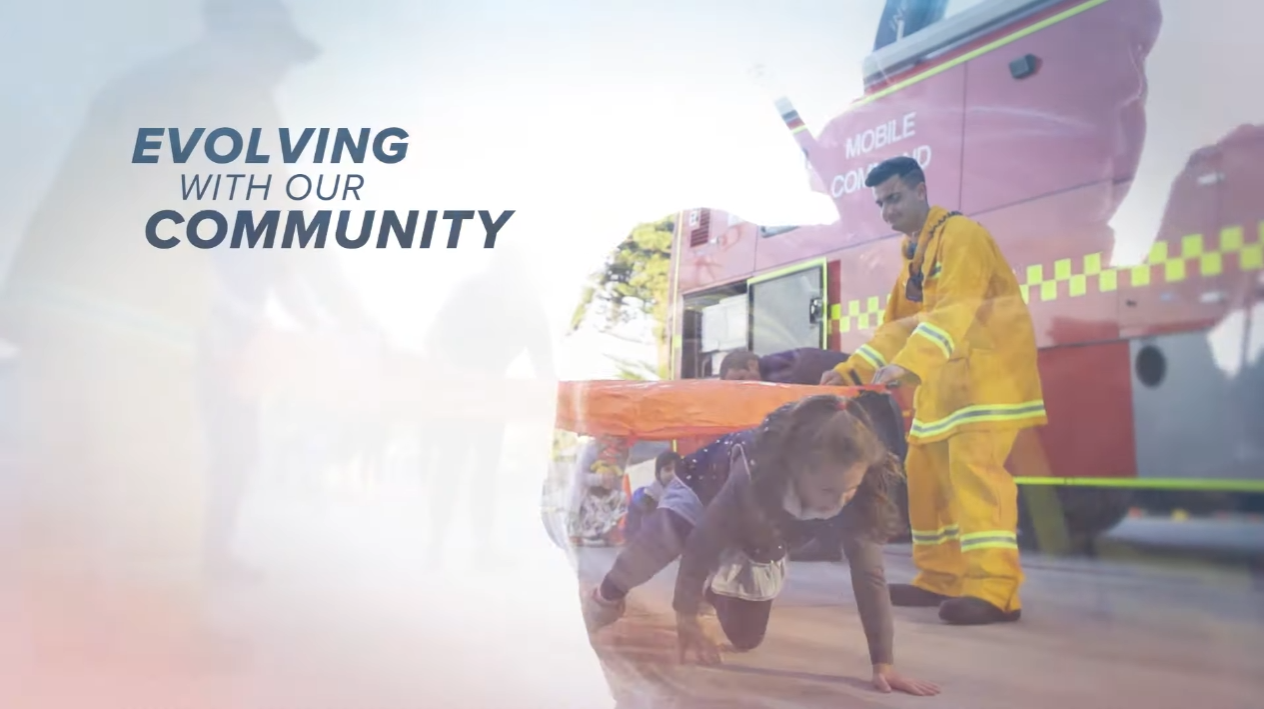 |
We have evolved over time with our communities |
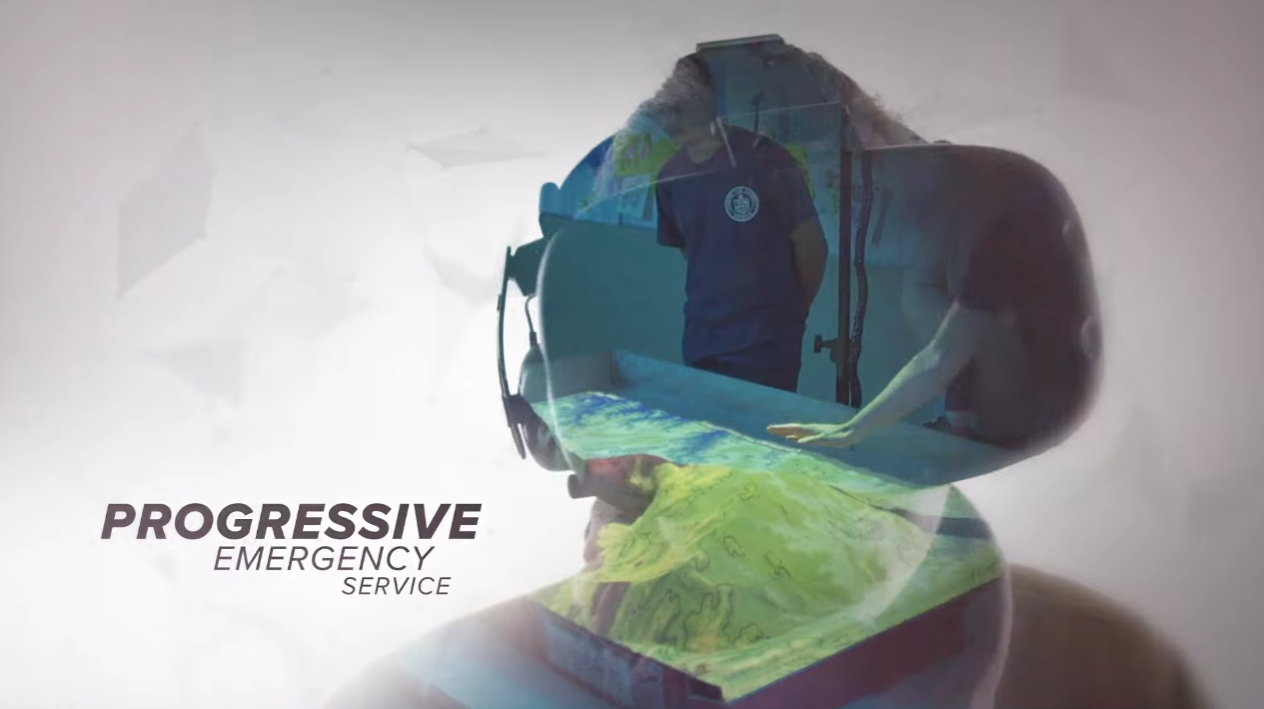 |
We are a progressive emergency service |
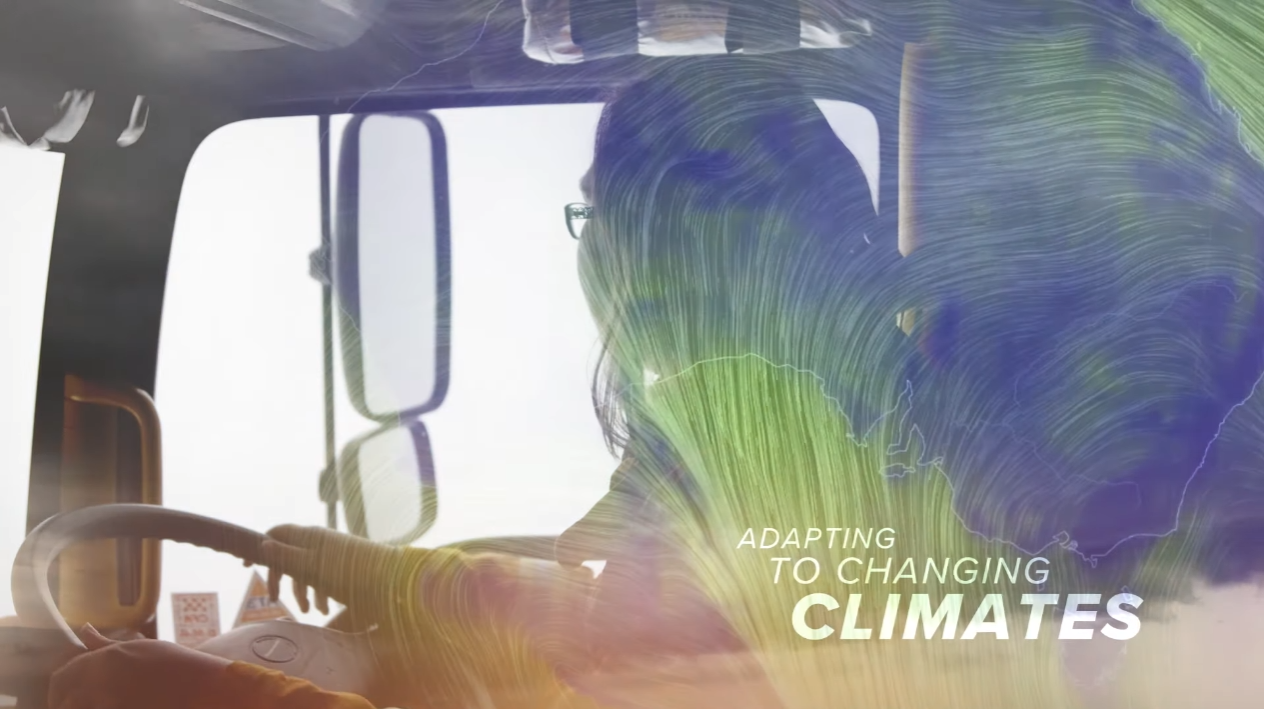 |
Adapting to changing climates and new threats |
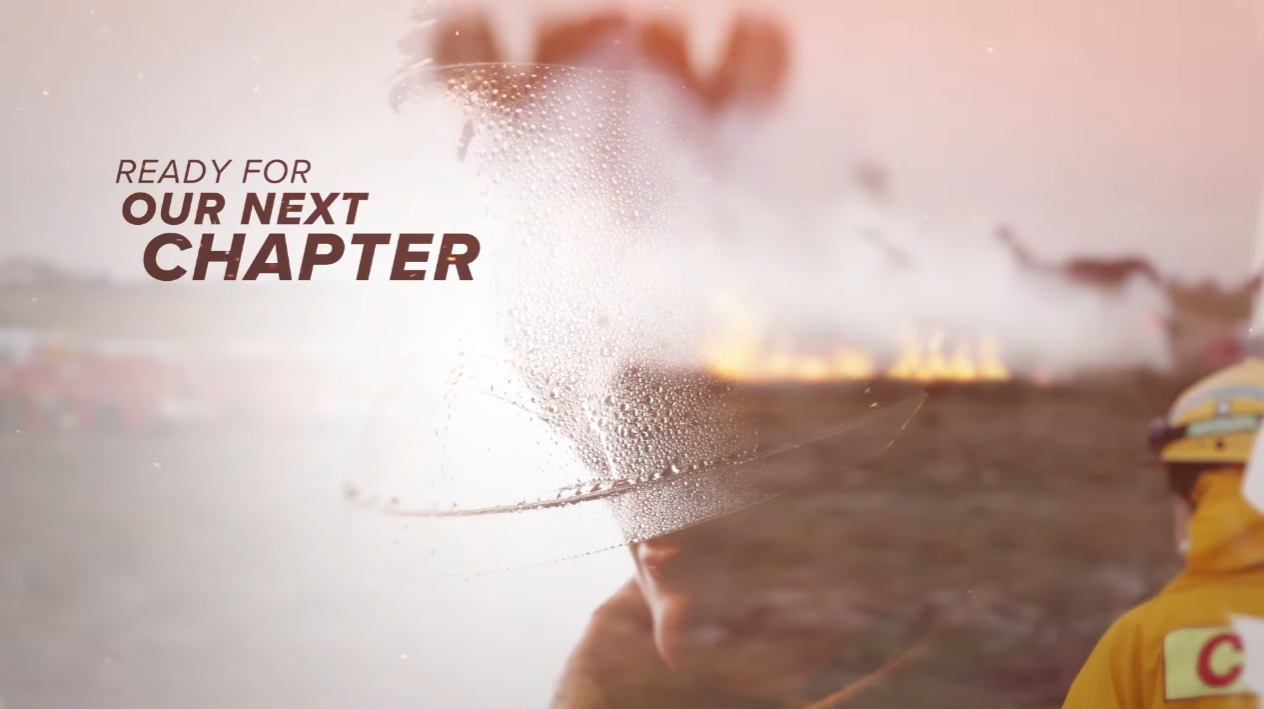 |
We are ready for the future and our next chapter as a proud fully volunteer fire service |
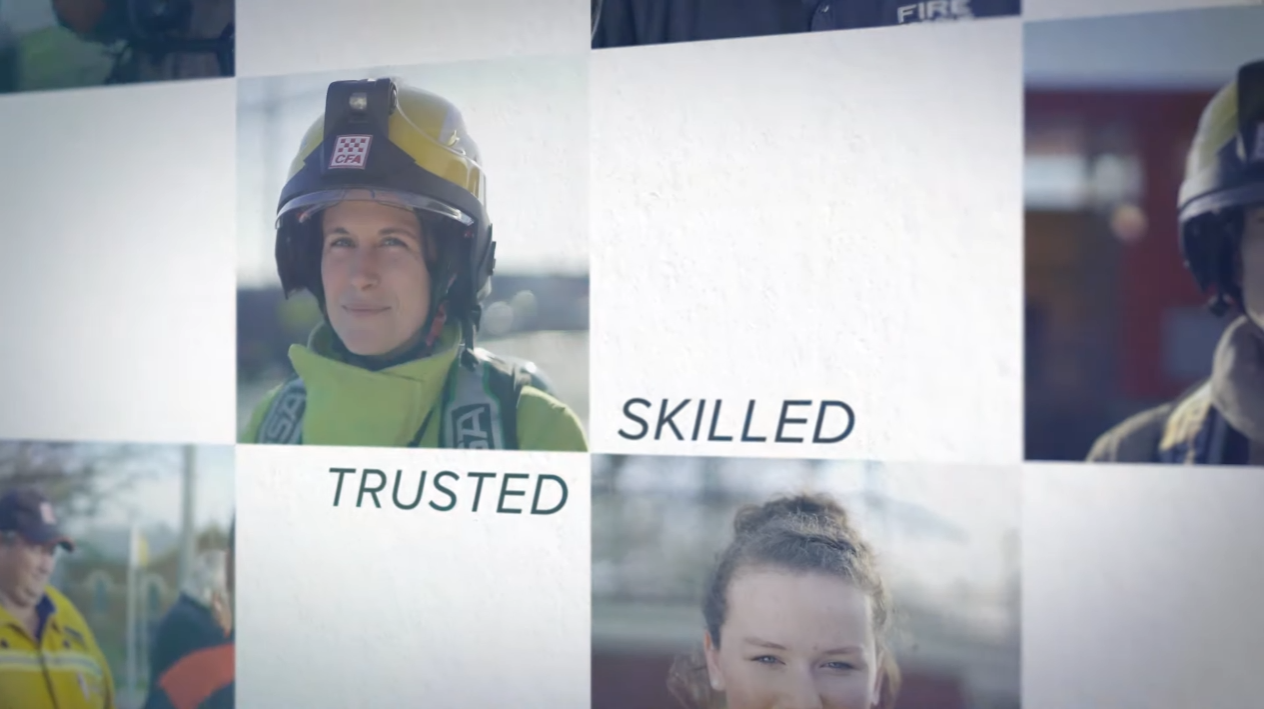 |
Our people... |
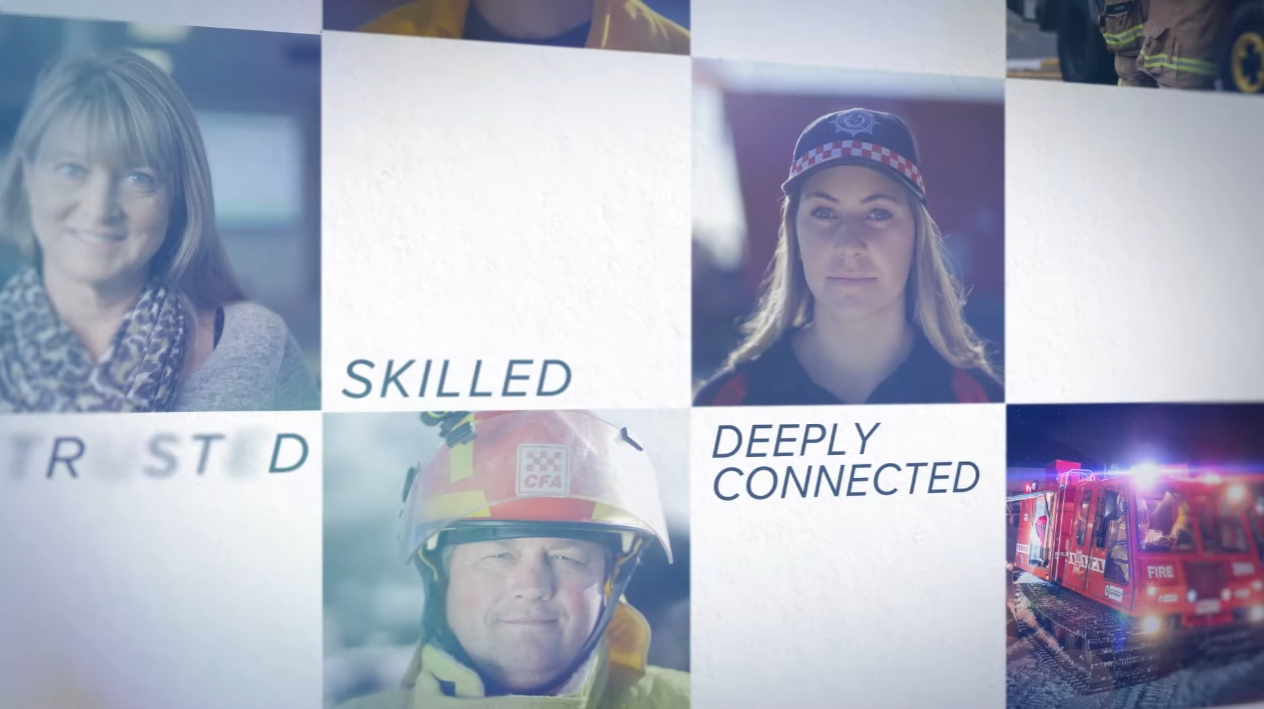 |
...are what makes... |
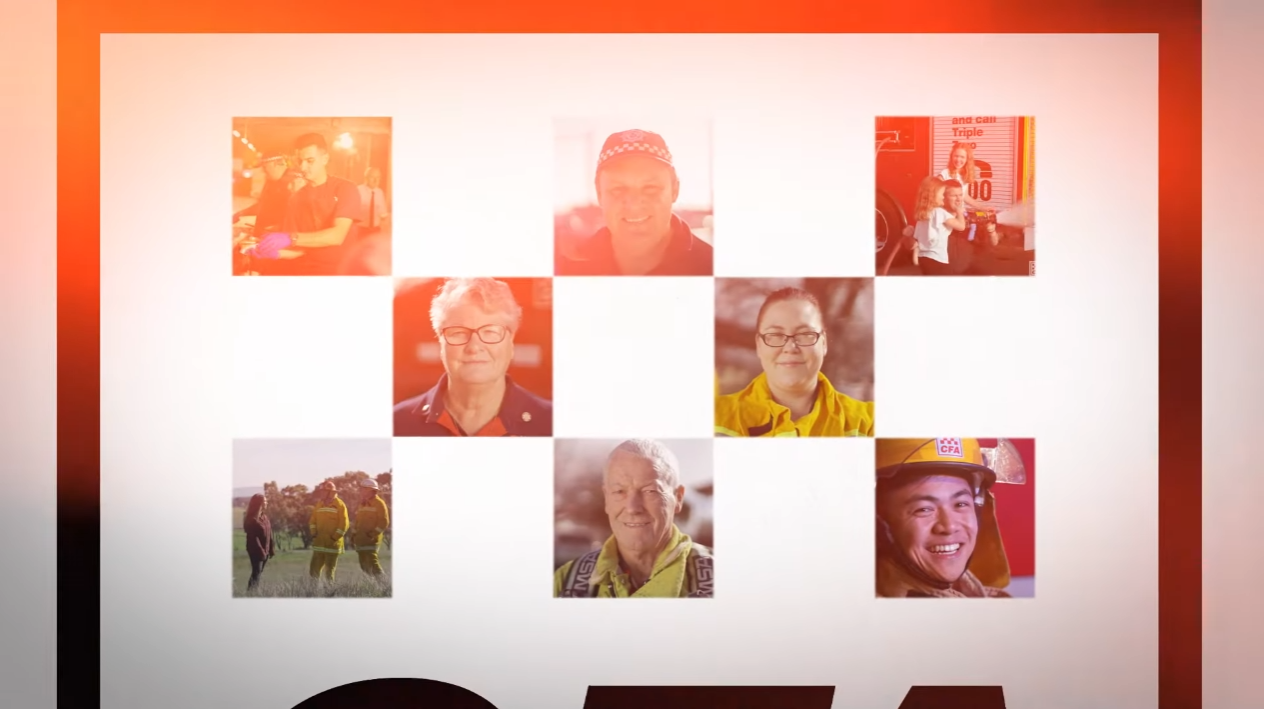 |
...CFA what it is today |
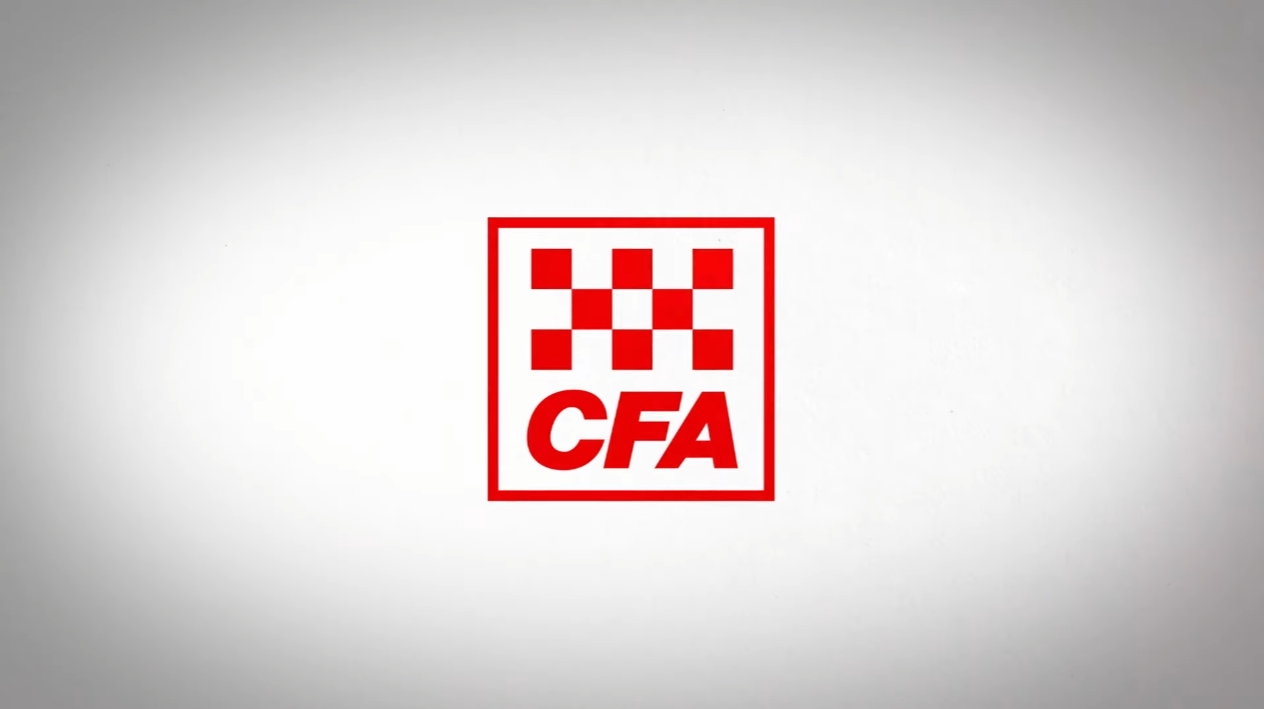 |
Our Community. Our CFA |
More...
Are they really ok?
By Adam Barnett, VFBV Chief Executive Officer
R U OK? Day falls on the 9th of September this year. This year’s message is ‘Are they really OK? Ask them today.’
R U OK? is a national suicide prevention initiative that encourages Australians to connect with people in the community, your colleagues, friends, family, and loved ones – encouraging them to generate constructive discussion about issues such as suicide, depression, isolation and mental illness.
The aim is to encourage people to stay connected and have meaningful conversations that can help others through difficult times in their lives.
The R U OK? charity has some terrific resources to help equip you for those conversations, and some coaching to help get you ready to have a conversation which could literally change someone’s life.
Available from www.ruok.org.au resources walk you through four easy steps of; ask; listen; encourage action; and check in. There are webinars and role plays to help you, and a really important section in the ‘How to Ask’ area that can help you get ready. Questions such as if you are ready to ask, are you prepared for where the conversation may go and how best to pick your moment and environment.
Remember, that all members including your immediate family members have free access to CFA’s wellbeing and welfare services 24 hours day, 7 days a week. You can access these via 1800 959 232 or via www.cfa.vic.gov.au/wellbeing
This year’s R U OK? day is a great reminder of the incredible power each of you have to make a real difference in someone else’s life. You don’t need to make a big song and dance about it, but if you have noticed someone in your life who might be experiencing some personal difficulties or is struggling with life’s current uncertainties (COVID-19 isolation for example) your genuine support and compassion can have a huge influence. Use R U OK? day to remind ourselves not to wait until someone is visibly distressed or in crisis before we act and check-in.

VACCINES
We are receiving some enquiries asking whether VFBV is pursuing mandatory vaccination for CFA members. At this stage, while we are not pursuing mandatory vaccination, we are very supportive of encouraging members to be vaccinated as soon as possible.
Early discussions at Board and State level have indicated it is still too early to consider mandating. The looming fire season remains our focus, with national vaccination targets providing a good baseline and aspirational target for this year. Ensuring all members who want a vaccine have adequate opportunity to receive it remains the best strategy to drive the numbers up.
VFBV was at the forefront of vaccine advocacy, leading the charge for the inclusion of all emergency management volunteers under priority 1B of the national vaccination roll-out plan. And while we have had access to Priority 1B vaccinations since the 22nd March 2021, not everyone has had the same access and opportunity. Early vaccination hubs were predominately only available in metro areas while vaccine supply has only markedly improved over recent times.
In essence, CFA is an essential service whose sole role and purpose is to protect lives and property. Therefore, any discussions that start excluding people or creating artificial barriers that have the potential to impact on our essential service delivery to our communities is not something to take lightly. It deserves deep thought and analysis and respect for the complex policy setting that such decisions exist within.
CFA is also not an island. We work alongside many other partner agencies on the fireground, meaning we must adopt a sector wide approach.
Philosophically, we also need to consider whether it is the role of organisations, agencies or private enterprise for that matter to be stepping into the health space and introducing what amounts to potentially a significant incursion into the right of people to withhold consent for something affecting their bodies.
This isn’t an anti-vax position. In fact, for context - I’ve been fully vaccinated for many months now, and by the time you read this the entire VFBV Board is also fully vaccinated. But there is a big difference between encouraging vaccination vs mandating it.
CFA is the largest emergency service in Victoria. We are a broad and diverse organisation. We have room to always strive to be as inclusive as possible. There may well be a time when mandatory vaccination is well supported, and our public health bodies make the recommendation like what is happening in high-risk sectors such as health. But the place for those decisions is squarely within the institutions of our parliamentary democracy with appropriate checks and balances in place, including judicial review and oversight.
There may very well be some activities where vaccination is going to be preferred.
For example, there have already been recent occasions where residents have requested smoke detector installation by fully vaccinated members due to the resident having some underlying health concerns. And where we can - we should respect these requests.
It is also likely we will see some preferences emerge for vaccinated members for some activities like cross border and other potential higher-risk settings.
We should also not ignore other tools such as rapid antigen testing, air monitoring, and pre health screening activities that are already in use right now across the world where our northern hemisphere agencies are already well advanced in their summer fire seasons and dealing with much larger outbreaks.
I acknowledge some of these discussions are already occurring. A fellow volunteer remarked to me recently that they would only be going on a strike team if every single other member on the strike team was fully vaccinated. I’m sure this position is shared by many.
The question is - what if it was your community on fire or under threat and we couldn’t send enough fire trucks because we were standing around figuring out who should and shouldn’t attend? With recent drops in volunteer numbers, extended fire seasons and increased requests for mutual aid, we need to think very carefully about anything that reduces our response capacity.
Emergency response activities have not been super spreader activities to date. In fact, in all settings where there are strict COVID safety protocols, proper use and discipline of wearing PPC, physical distancing and proper hygiene controls – these have all proven very effective. Our brothers and sisters in Victoria Police and Ambulance Victoria are dealing with thousands more occasions where they are interacting with potential cases every day. I say this not to understate the risks, but rather put them into perspective. As far as fire brigade activities are concerned, you’re more likely to be involved in a road accident on your way to the call than catching COVID-19. Our policy response needs to be proportionate to the risk.
I guess what I am trying to say is there are already enough things that try to pit us against each other without having to add to the list. It is a very 2020 type notion that these days people are either only ‘for’ or ‘against’ things. Public discourse and debate seem to be led by what can fit on a meme or in a 140 character insult, with victory deemed to the ‘loudest’.
Let’s respect the inherent complexity of the issue and commit to some genuine and robust discussion and dialog to help inform our views. Please use your brigades and District Councils to start the discussions so we can understand the pros and cons.
I would urge people not to try and hastily reach consensus or positions, but rather encourage participatory discussions where we can learn from one another. Conversations that promote divergent thoughts and thinking, allowing alternate views to be respectfully considered, and genuine informed discussion that respects and acknowledges the broad diversity of thought amongst the membership.
Having said all that I would ask that all members please seriously consider being vaccinated. If you are unsure or have concerns or family histories that make vaccination high-risk, they are all legitimate concerns. Informed consent is just that. Informed.
And with the greatest of respect - social media or the internet is not always the best source of reliable and factual advice, so if you are hesitating - please discuss your individual circumstance with your doctor. And for those waiting for something better - the best vaccine is likely the one you have access to today.
To those who are vaccinated, please be kind and respectful to those who may not be. Vaccination is a very personal decision. You won’t change minds by simply insulting people or driving them away.
The strength of VFBV is the willingness of members and delegates to challenge, be inclusive, inspire, and pioneer new ways of doing things - all the while maintaining our compassion and empathy.
This month I have chosen two quotes fitting of this month’s discussion. The first from Franklin D. Roosevelt, and the second by Eleanor Roosevelt.
FDR is the only US President to have served more than two terms, having been elected four times and serving as President between 1933 and 1945, encompassing the Great Depression and World War II.
Eleanor served as First Lady to FDR, but earned the tribute ‘First Lady of the World’ by President Truman in recognition of her work as a diplomat to the United Nations and her human rights achievements.
“Human kindness has never weakened the stamina or softened the fiber of a free people. A nation does not have to be cruel to be tough.” Franklin D. Roosevelt
“Great minds discuss ideas. Average minds discuss events. Small minds discuss people.” Eleanor Roosevelt
Postponement of AGM
After reviewing the current Victorian Health Guidelines, the Australian National Plan to Transition National COVID Response and advice from Consumer Affairs Victoria, the VFBV Board have authorised a three-month extension and postponed this year’s Annual General Meeting (AGM) to December 2021.
Planning has commenced to hold this year’s AGM to coincide with the December State Council meeting, currently scheduled for Sunday 5th December 2021. Further details of arrangements will be provided closer to the date.
The Board has also endorsed and approved State Council’s recommendation that all Board, State Council and Welfare Fund office holder’s terms that were due to expire in October 2021, will be extended through to December 2021.
Quarterly Supplement
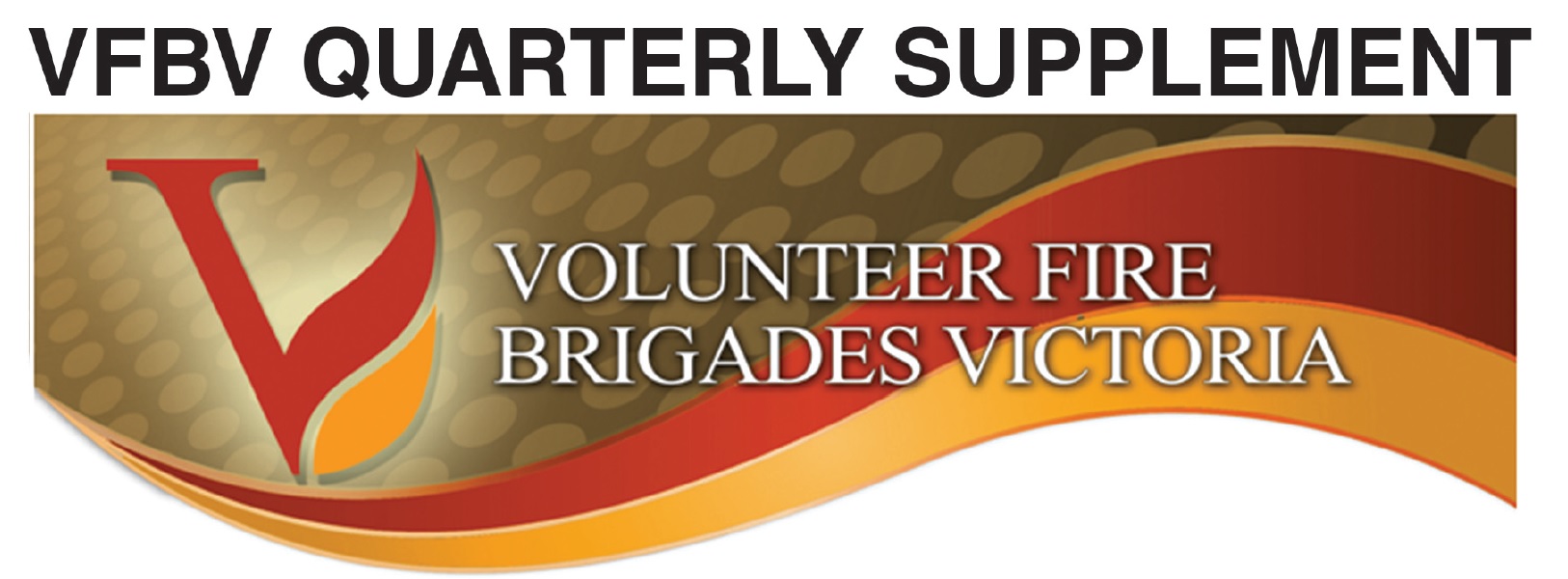
Included with the September 2021 edition of Fire Wise was the eighth edition of the VFBV Quarterly Supplement.
The Quarterly Supplement contains 16 pages of relevant news, updates and information on current issues being pursed by VFBV on behalf of members. It also includes links to additional resources or updates that are available via our website.
An electronic copy of the Quarterly Supplement can be downloaded here.
Brigade Captains and Secretaries, Group Officers and Group Secretaries as well as VFBV delegates are requested to please take the time to read this and future editions, and to table at your upcoming meetings for the benefit and knowledge of your members.
Survey pre-registration
This year’s VFBV Volunteer Welfare and Efficiency Survey is about to open. Volunteers can pre-register now to ensure you are amongst the first to be notified of this year’s survey.
Register here or via the QR code below.

Structural training concerns
VFBV continues to receive communications from Brigades expressing concerns that access to structure firefighting courses is increasingly difficult with CFA not running enough courses to meet demand.
VFBV continues to raise this directly with CFA, sighting many reasons why this training is so important to Brigades and the safety of all members. CFA has reported that course and training planning/ delivery is the responsibility of individual Districts with ACFO’s being accountable for these activities.
We encourage brigades who are having issues with training plans or course scheduling to speak directly to your Districts in the first instance and escalate through your VFBV District Councils where required.
VFBV will continue to advocate for structural training availability to be increased in line with brigade expectations and will support any brigade requiring assistance with escalation.
Essential training
All members are reminded that core operational training and skills maintenance is classified as an essential activity for the purposes of CFA COVID Response level 2.
Training must be conducted in a COVID safe manner and must satisfy the requirement that it is core to maintaining operational capability.
There is automatic approval for activities required to meet the CFA Chief Officer’s pre summer requirements and brigades should continue to use the adapted burn-over drill procedures that were introduced to apply physical distancing so the drill can be conducted safely within COVID safe protocols.
All formal skill acquisition courses and assessment are to be approved by the ACFO with essential training continuing to be available except in those areas operating under a COVID Response level 3.
Brigades are encouraged to discuss their requirements with their ACFO and consider modifying training activities to small groups on alternating days of the week to avoid large gatherings.
Training must be completed prior to curfew in metro areas operating under a curfew. Online resources are available to assist with blended learning.
VFBV District Councils are available to assist with any brigade that believes that their essential training request has been inappropriately denied.
Joint Committee EOI
Expressions of interest are now open for volunteers to nominate as subject matter experts to the VFBV/CFA Joint Committee’s for the 2022 calendar year.
If you feel you can contribute and have the time, are passionate about one of the seven streams and want to be an integral part of our Joint Committee process – then please talk to your local VFBV State Councillor or VFBV Support Officer for a nomination form.
Nominations are due to your District Council early November 2021.
AFSM Nominations
Nominations for the Australian Fire Service Medal (AFSM) for the 2022 Queen’s Birthday honours list are now open.
The award recognises those whose service is above and beyond the normal zealous and faithful discharge of normal or ordinary service, either in the short or long term. While volunteers are often modest and reluctant to seek out recognition for their exceptional contributions protecting lives and property, nominating a fellow volunteer to recognise their contribution is a way to say ‘thank you’ to those people who have stepped up and helped to inspire other volunteers.
A helpful guide to preparing nominations is available from the VFBV and CFA websites.
Nominations need to be submitted to CFA by 1 November 2021.

COVID-19 Resources
Available from the VFBV website is a COVID-19 financial support resources article. This article has been updated recently to ensure that the resources listed are all up to date.
A reminder also that CFA provides a lot of resources for brigades, groups and volunteers on the CFA Members website (Brigades Online). CFA’s resources include the current response levels and also links to the latest updates from CFA.
Recent articles of the VFBV website
AFSM nominations
COVID-19 financial support resources
Enjoying the VFBV monthly newsletter
If you enjoy reading the VFBV newsletter each month, why not share it with your fellow volunteers?
Either share this page with others who may enjoy the articles or encourage other volunteers to sign up to receive their own copy via email each month here.
CFA is currently accepting and encouraging nominations for the Australian Fire Service Medal (AFSM) for the 2022 Queen’s Birthday honours list.
The AFSM is a prestigious award that honours the distinguished service of members of fire services, including CFA volunteers who make an exceptionable contribution to their communities. The award recognises those whose service is above and beyond the normal zealous and faithful discharge of normal or ordinary service, either in the short or long term.
While volunteers are often modest and reluctant to seek out recognition for their exceptional contributions protecting lives and property, nominating a fellow volunteer to recognise this contribution is a way to say ‘thank you’ to those people who have stepped up and helped to inspire other volunteers.
Anyone can put forward an application for someone they think deserves to be honoured. It is however critically important that nominations are encouraged from groups who are typically underrepresented in Australian Honours including the AFSM. Nominations are particularly encouraged for potential awardee’s from non-English speaking backgrounds, people with disabilities and particularly women who are underrepresented in being honoured with an AFSM. There are many exceptional CFA volunteers who deserve to be recognised.
It is important to remember that the AFSM is not a long-service award, its sole criterion is distinguished service. Distinguished service includes service that is above and beyond and can either be short-term or prolonged. While prolonged service forms part of the key criteria, ‘prolonged’ is considered by the honours and awards committee’s to be taken in context as to what is considered ‘longer than usual’ and in context of what is ‘above and beyond’ the normal or ordinary service expected.
While it can seem daunting to nominate a potential recipient, some guiding principles that could assist in completing a nomination for an AFSM are:
- In what role(s) has the nominee excelled?
- How has the nominee demonstrated service worthy of recognition?
- How has the nominee’s contribution affected a particular field, locality, brigade, group or the community at large?
- Over what period has the nominee made a major commitment?
- Has the nominee’s contribution been recognised elsewhere?
- What makes this person stand out from others?
- What specific examples can be provided to show how the nominee’s contribution(s) have been outstanding?
Nominations for CFA members for the 2022 Queen’s Birthday honours list should be submitted to CFA by 1 November 2021, the person being nominated should not be advised of the potential nomination at any stage and all information should be gathered from other sources.
CFA calls for applications twice a year for the AFSM, therefore it is also worthwhile considering additional nominations for future awards and to start preparing nominations now in order to be prepared.
CFA Resources
Guide to preparing nominations for the Australian Fire Service Medal (AFSM)
AFSM nomination form (please note that this form has been updated recently by EMV so all applications should be submitted using the new form)
If you want to discuss a potential nomination or need additional information, contact CFA’s Awards and Recognition Officer, Belinda Gillespie This email address is being protected from spambots. You need JavaScript enabled to view it. or 9262 8842.
Criteria for the Australian Fire Service Medal
To be considered for this award it would be expected that the nominee has given service beyond the norm exemplified by:
1. Prolonged service distinguished by exceptional performance in a particular area that has proved significant benefit to the fire service; and one or more of the following:
2. Responsibility for and management of an outstanding/exceptional event that has proven to be of significant benefit to the fire service, a community or community safety generally.
3. Development of a new system, or procedure, or technique that is unique and has made a significant contribution to the fire service, a community or community safety generally.
4. Outstanding leadership in the encouragement and development of others, particularly youth, within the fire service and the fostering and furthering of the aims of the fire service to the long-term benefit of the fire service and the community.
5. Demonstrated creativity in the development and implementation of innovative changes that have made a significant contribution to the fire service, fire/emergency operations, or the interests of community safety.
Resilience and unity of purpose
By Adam Barnett, VFBV Chief Executive Officer
On day of writing, Victoria has just entered lockdown #6. I don’t want to dwell on the unavoidable impacts they have not just on people’s livelihoods but also their mental state, other than to say I want to acknowledge the many, many thousands of community members doing it tough. Both here in Victoria and elsewhere across Australia.
Volunteer fire brigades right across the country are drawn from the very same communities we protect and are therefore intrinsically linked. When the community is going through a hard time, this often washes through our brigades.
I want to acknowledge how hard it can be to be positive with so much uncertainty around.
I repeat my message that one of the great challenges through the pandemic has been how to best maintain the social and support structures that are embedded across our network of 1,217 community fire brigades. I want to acknowledge and congratulate the innovative ways brigades are coming up with to best maintain those links and keep members as connected as can be - in new COVIDSafe ways. While frustrating and far from ideal – the resilience on display across our network of brigades and amongst our members continues to inspire.
Please don’t lose sight of the fact that your local brigade is acting as a beacon of light to many within your communities. You are setting the tone, modelling calm, professional and stable leadership, civic duty and proving that our service delivery level commitment to our communities remains steadfast and can withstand the greatest of pressures. You are there when they need you and you are doing the best you can to support your communities through these challenging times.
Despite some close shaves, brigades that have been impacted by ongoing Tier 1 and Tier 2 exposure sites and close contacts over the months have used redundancies and neighbouring brigade/group relationships to ensure members can safely isolate, while ensuring brigade coverage and operation is maintained.
The true resilience and strength of community embedded fire brigades has been on full display. You have maintained an exceptional record, and while we are not yet through it, you have every right to be exceptionally proud.
Please remember that the full impacts of this pandemic impact on each of us in very different ways, and often at different times. If you are struggling, or know someone who needs help, please utilise the wellbeing and welfare services available to all CFA members and their immediate families 24 hours day, 7 days a week. You can access these via 1800 959 232 or via www.cfa.vic.gov.au/wellbeing
Financial support resources are also available from the VFBV website, which provides some quick links to both State and Federal support, including details of our Welfare Fund. A reminder that this year’s Welfare Fund subscription is being offered at a one-off 50% discount and brigade membership covers the entire brigade, all its members and even any ex-members who have served 20 years or more.
CFA RESTRUCTURE
On 2 August, CFA’s new refreshed organisational structure became effective, with interim executives in place while permanent recruitment is underway.
I want to congratulate CFA CEO Natalie MacDonald and Chief Officer Jason Heffernan on their commitment to seeking feedback and input from both volunteers and staff during their restructure, and most importantly sharing how that feedback was used and taken into account in final decisions. This represents a refreshing commitment to genuine and robust dialog and consultation.
Both Natalie and Jason have acknowledged that transition to the new structure is not a one-off event and there is still much work to progress. I also want to acknowledge that restructures can be challenging, especially for those staff directly impacted by reporting line changes etc. and I would ask members to please show some empathy and patience while individuals work through any changes that directly impact upon those people.
As volunteers, we have seen more than our fair share of change over recent times. And unlike this change, it has often been thrust upon us, with no opportunity to be involved or consulted. So I would ask you to please draw on those experiences as a reminder to be kind and patient to anyone who may be struggling with some of the unintended uncertainty that restructures sometimes create.
One of the largest changes to the structure is a renewed focus on ensuring service delivery decisions and leadership is provided at lower levels and those closest to the ground are empowered to lead. In other words – decisions impacting upon brigades and groups being predominately managed at the regional and district level – rather than at HQ level.
In many ways – this decentralisation logic is well supported by results from the VFBV Volunteer Welfare and Efficiency survey. It is clear from our survey, that typically the closer an “issue” is managed to volunteers – generally the more satisfied they are with the results. For example, on consultation, volunteer satisfaction with consultation at the brigade level records the highest satisfaction, with a large jump in dissatisfaction when asked about consultation at the Region/ District level, and then an even larger jump again in dissatisfaction with consultation at the HQ level.
This in essence is why VFBV is designed by structure to empower our local District Councils as the local face of the VFBV network. Local brigades, groups and delegates all working together to solve issues of mutual interest, with clear and formalised escalation pathways to deal with those issues unable to be resolved at the local level.
This is both our strength and curse.
Strength – in that it is one of the most effective ways to resolve issues, with most issues being sorted at the local level first. It can however be a curse. If it’s done well, it is likely you will never hear about most of the successes. Similarly, for those involved in the escalation process its often not particularly pleasant. A biproduct of the escalation process and structure means those at the higher levels of the structure (think Board and State Council) are often left with just the hardest and more difficult issues that no-one else has been able to solve. Often times these people are left to resolve some very difficult and complex issues, often exacerbated by a lack of consensus from the membership on preferred approaches. Let’s be honest - if they were easy – they would have been solved long ago by now.
Hence why you will hear me frequently paying homage to those volunteers who choose to serve at senior levels at either District Council, State Council or the Board. These members work day and night, often with very little thanks to try and resolve issues of critical importance to our volunteers. VFBV officials are usually the first-person people go to with a problem or criticism, yet they are often the last people to hear a compliment, thank you, or praise.
On the flip side, when changes are made, when good outcomes are finally realised or achieved, there is much personal pride and satisfaction drawn from knowing that if it weren’t for the hard work done behind the scenes by your officials and representatives – it would not have happened.
It’s the nature of the work, and why I respect our senior officials as much as I do, and why you should too. It can be thankless and unrewarding at times, but each person is driven by a pure and noble duty and dedication to wanting to improve arrangements for volunteers and ensure our communities are well supported and resourced to deliver a safe and effective community embedded emergency service.
The new CFA structure and focus on regional/district accountability will bring a renewed focus on consultation at the region/district level. Without careful planning, systems and processes this renewed decentralisation has the potential to feed the old beast of state-wide inconsistency and promote little fiefdoms.
We are all going to have work incredibly hard to ensure our systems and processes adapt to cater for stronger, more robust, flexible and transparent consultation occurring at the Region/District level. For our District Councils, this will mean an increased workload in local issue resolution and building productive and effective relationships with local management.
The good news, as I reported last year was I have been very encouraged to see some of the Deputy Chief Officer Regions (now called Deputy Chief Officer – Service Delivery) working hard to form structured and formalised regular meetings with their District Council Executive members and State Councillors to ensure regular dialog between the District Council and management and provide a robust mechanism to resolve issues raised by brigades and groups in a timely manner. This will now need to extend to District management, and my expectation will be to see a proactive approach taken by local management to engage with their local volunteer leadership groups, including our District Council executives.
For the wider membership, these changes will also bring an increased emphasis on helping us gather evidence to demonstrate issues of concern to try and assist with local discussions to resolve issues.
I too am working hard with Natalie and Jason to ensure we have some strengthened state level processes to help monitor consistency and equity between approaches, and am also optimistic that there are enough ‘wise heads’ across the CFA executive at both state and regional level that share a healthy respect and appreciation for the importance of genuine engagement and consultation with volunteers.
The restructure is one of the most noticeable early examples of the pivot back towards a community and volunteer focussed organisation. But its success or otherwise is just as much in volunteer hands as it is in managements.
For it to work will require commitment from all sides, and I would encourage members to embrace the change as an opportunity to return to the era of more genuine and responsive engagement and participation in the leadership of one of Victoria’s most trusted and respected services, our CFA.
It is a known fact that peer groups (like volunteer associations) who have strong shared goals are more likely to prioritise group needs over individual self-interest. It breeds better cooperation and collaboration and is strongly associated with feelings of belonging, solidarity and trust.
There is a fitting quote attributed to Bill Bradley, an American author, NBA basketballer, US Senator and US Airforce Reservist.
“Respect your fellow human being, treat them fairly, disagree with them honestly, enjoy their friendship, explore your thoughts about one another candidly, work together for a common goal and help one another achieve it. No destructive lies. No ridiculous fears. No debilitating anger.”
I will finish this month by again encouraging you to engage with your District Council, engage with your local representatives and be part of the change. We still have plenty of land mines to avoid and step over, but our greatest strength comes from our unity of purpose. Please don’t just use your District Council as a complaints box. We are at our best not only when we are working together to resolve issues of concern, but also when we are working together to pursue shared goals, aspirations and our vision for a Safer Victoria.
2021/22 Affiliations
Congratulations to the winners of the 2021/22 VFBV Affiliation Prize Draw!
Thank you to all Brigades and Groups who have paid their 2021/22 affiliations prior to 30th June this year thus making themselves eligible for the 2021/22 VFBV Affiliation Prize Draw.
We are pleased to announce the prize winners are:
1st – Welshpool Fire Brigade;
2nd – Yallourn North Fire Brigade;
3rd – Foster Fire Brigade;
4th – Tarwin Lower Fire Brigade;
5th – Woodford Fire Brigade;
6th – Boneo Fire Brigade.
The wining brigades are currently being notified and will choose in order of place drawing from the following prizes kindly donated by GAAM - G-Force Nozzle with Quick connect coupling; Gated Wye with Stortz Inlet and quick connect outlets; Root Soaker; TFT Break Apart Nozzle; or from Powdersafe - five Helmet Torches and carry case; or donated by CFA six Uniden Digital Scanners.
The number of Brigades affiliating with VFBV for 2021/22 is on track to match record numbers of past 5 years, a sign of continued strong support for VFBV’s work on behalf of all CFA volunteers.
We understand that COVID-19 restrictions are impacting when brigades can meet. If you are not sure whether your Brigade or Group’s VFBV affiliation and Brigade’s VFBV Welfare Fund subscription are up-to-date, please contact your Secretary urgently, as we encourage all those who have not yet affiliated to do so as soon as possible.
For any enquiries, contact your VFBV Support Officer, State Councillor’s or call us on (03) 9886 1141.
CFA Regulations Updated – Provisional Payments
VFBV is pleased to advise that the Country Fire Authority Regulations 2014 were updated on the 20th July 2021 to reflect the Government’s new ‘Provisional Payments’ for mental health compensation claims being incorporated into CFA volunteer compensation.
As previously reported in the February newsletter, there was good engagement established with VFBV early in the pilot with former Minister for Workplace Safety, the Hon. Jill Hennessy MP engaging with us early and encouraging our participation on the pilots steering group. VFBV was represented on the Governments Pilot Steering Committee by CEO Adam Barnett who reported good progress with wide collaboration between the agencies, departments and stakeholders involved.
Provisional payments enable Victoria's eligible volunteers and workers to access provisional payments for reasonable treatment and services for work-related/CFA related mental injuries, while their compensation claim(s) are being determined. When claims are rejected, workers and volunteers can continue to receive provisional payments for up to 13 weeks. The intent is to enable eligible volunteers and workers who suffer from a work/CFA-related mental injury to access early treatment and support while they await the outcome of their claim.
The Workplace Injury Rehabilitation and Compensation Amendment (Provisional Payments) Act 2021 came into effect on the 1 July 2021. Because CFA volunteers are not covered under WorkSafe but rather though CFA volunteer compensation, the CFA Regulations were required to be updated to mirror the arrangements for CFA volunteers. VFBV has worked with Government, EMV and CFA to ensure the regulations reflect the intent of the new provisional payments scheme. Regulations 79 and 86 have been updated, and a new Regulation 86A inserted to specifically cover interim payments.
While the Regulations were not updated until 20 July, the regulations contain a provision to apply to compensation claims made on or after 1 July 2021, ensuring there is no gap in entitlements for CFA volunteers.
VFBV commends this outcome to members. It delivers on our advocacy and commitment that CFA volunteers should be equally protected.
Position Vacant
VFBV is seeking to appoint a VFBV Support Officer to work in regional Victoria with VFBV District Councils, Brigades and volunteers to facilitate consultation, issues resolution and volunteer engagement.
The position is a state role, with emphasis and focus on providing support throughout CFA’s South West region (CFA Districts 4, 5, 6, and 7).
This is an existing position, with the incumbent moving to another Region.
In addition to relevant skills and experience, candidates will need to understand CFA and volunteerism, be good listeners; be able to facilitate good consultation; ability to establish productive networks; navigate through complex issues resolution; be self-starters and have a passion to improve arrangements that benefit the welfare and efficiency of CFA volunteers.
Extensive regional Victorian work travel is envisaged and flexible work base locations will be considered for the position, with the priority focus to assign a work location within the CFA South West Region.
Flexible working arrangements, to cater for extensive evening and weekend work, will be tailored to match the needs of our volunteer membership base.
This is a full-time position.
Prior to applying you should familiarise yourself with the Position Description which is available from the VFBV office or website.
Applications close Tuesday 31 August 2021.
Central Highlands
VFBV would like to sincerely thank all those that took the time to submit nominations for the road naming network at CFA’s new Training Ground - Central Highlands Training Ground in Ballan. VFBV coordinated the nomination process on behalf of CFA, referring all nominations for further consideration by the CFA Executive. CFA has recently confirmed that 10 nominated persons have been selected from the list to have roads named after them at Central Highlands Training Ground. CFA and VFBV are now going through the process of confirming acceptance of nominations with members and families prior to the official opening of the Training Campus.
Victoria State Emergency Service
VFBV stands in solidarity with our colleagues and fellow volunteers from VicSES.
We firmly reject any suggestion by the UFU in recent media reports concerning SES responses to Road Accident Rescue that calls into question the professionalism of any of Victoria’s emergency management volunteers. VFBV joins the Victorian SES Volunteer Association to express our support and commitment to fostering positive and cooperative relationships across the whole emergency management sector. There are well established interagency processes to raise issues of concern that ensure discussions are evidence based and documented. We note the strong VicSES agency response denying any of the alleged conduct occurred.
As the CFA volunteer peak body - we recognise and respect the incredible professionalism, dedication and skill of all emergency service workers, both paid and un-paid and how critical it is that we all work together as one, for the safety of our communities.
To VicSES volunteers, rest assured that we respect what you do and commend your high quality skills and selfless dedication to giving back to your communities and making a positive difference. Your actions during the recent storms and floods were inspiring and reminds us of how critical each and every one of you are to public safety. Thank-you and well done.
Tree Hazard Awareness
VFBV representatives were recently consulted on and provided valuable feedback on an updated Tree Hazard Awareness digital learning package which has been reviewed to include recommendations from AFAC to standardise the hazardous tree markings across the sector.
Volunteer delegates to the Joint Training Committee have urged CFA to ensure that broader communication regarding the changes and the updated Tree Hazard Awareness course are released as soon as possible to ensure all members have reasonable time and opportunity to become familiar with the new markings and complete the training if required prior to the Fire Danger Period. This includes clarification to the current 3 years expiry on Tree Hazard Awareness and any corresponding operations bulletins or safety alerts that may be released as part of the review.
Fire Wise – August 2021 online only edition
The August 2021 edition of Fire Wise has been published online only, this edition and past editions are available from the Fire Wise website.
You can support Fire Wise and the role it plays as an independent voice in keeping volunteers informed by becoming a subscriber. To become a Fire Wise subscriber visit the Fire Wise website or contact the Managing Editor of Fire Wise, Gordon Rippon-King either by phone 0402 051 412 or email This email address is being protected from spambots. You need JavaScript enabled to view it.
CFA Communications Survey
|
CFA have issued communications about their 2021 member Communication Survey. The survey is designed to understand what communications platforms you use to follow CFA updates, and how effective the various mediums are. This is a good opportunity for you to provide feedback and influence how CFA communicates with you and how often. Visit https://yoursay.cfa.vic.gov.au/member-communications to take the survey now. It takes approximately 10 minutes and closes at Midnight on Monday 16 August. |
 |
COVID-19 Resources
|
Available from the VFBV website is a COVID-19 financial support resources article. This article has been updated recently to ensure that the resources listed are all up to date. A reminder also that CFA provides a lot of resources for brigades, groups and volunteers on CFA Members website (Brigades Online). CFA's resources include the current response levels and also links to the latest updates from CFA. |
 |
Recent articles on the VFBV website
Position Vacant - VFBV Support Officer (South West)
2021 Flood and Storm Recovery Resources
Enjoying the VFBV monthly newsletter
If you enjoy reading the VFBV newsletter each month, why not share it with your fellow volunteers?
Either share this page with others who may enjoy the articles or encourage other volunteers to sign up to receive their own copy via email each month here.
VFBV is seeking to appoint a VFBV Support Officer to work in regional Victoria with VFBV District Councils, Brigades and volunteers to facilitate consultation, issues resolution and volunteer engagement.
The position is a State role, with emphasis and focus on providing support throughout CFA’s South West region (CFA Districts 4, 5, 6 and 7).
This is an existing position, with the incumbent moving to another Region.
In addition to relevant skills and experience, candidates will need to understand CFA and volunteerism, be good listeners; be able to facilitate good consultation; ability to establish productive networks; navigate through complex issues resolution; be self-starters and have a passion to improve arrangements that benefit the welfare and efficiency of CFA volunteers.
Extensive regional Victorian work travel is envisaged and flexible work base locations will be considered for the position, with the priority focus to assign a work location within the CFA South West Region.
Flexible working arrangements, to cater for extensive evening and weekend work, will be tailored to match the needs of our volunteer membership base.
This is a full time position.
Prior to applying you should familiarise yourself with the Position Description which is available from the VFBV office or for download at the bottom of this page.
How to apply
All applications must include:
- a current resume
- a cover letter addressing the key selection criteria outlined in the position description (including samples of previous written communications).
Send applications to the attention of the CEO, VFBV, 9/24 Lakeside Drive, Burwood East 3151 or email This email address is being protected from spambots. You need JavaScript enabled to view it.
Applications close Tuesday 31st August 2021.
Any questions or queries re the application process should be directed to Cathie Smith from the VFBV Office on (03) 9886 1141 or via email at This email address is being protected from spambots. You need JavaScript enabled to view it.
Any interested applicants to the VFBV Support Officer position, are also encouraged to speak to one of our existing VFBV Support Officers and/or State Councillor's who would be more than happy to give members a sense of the role.
 About
About 